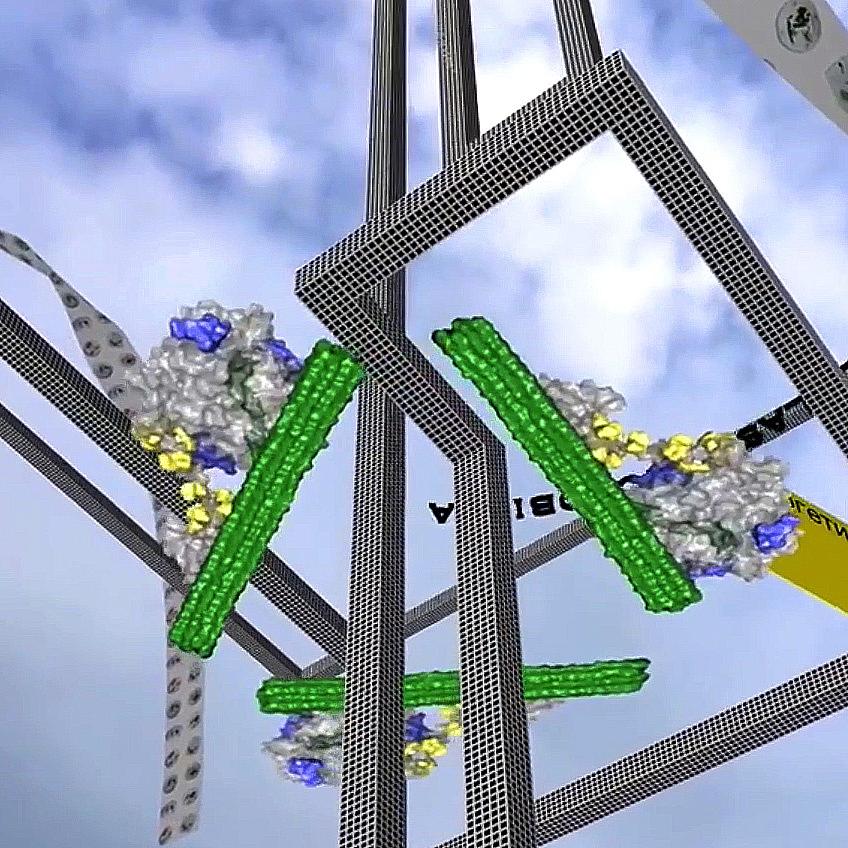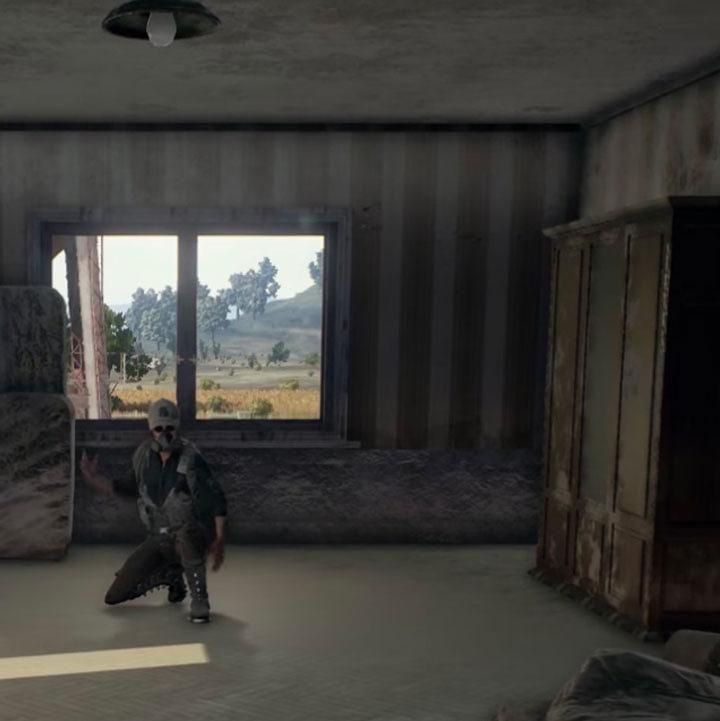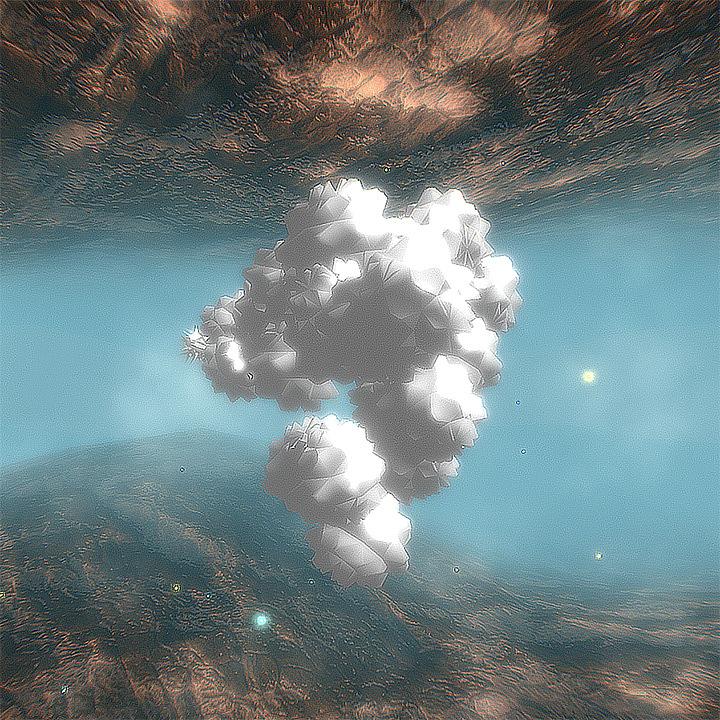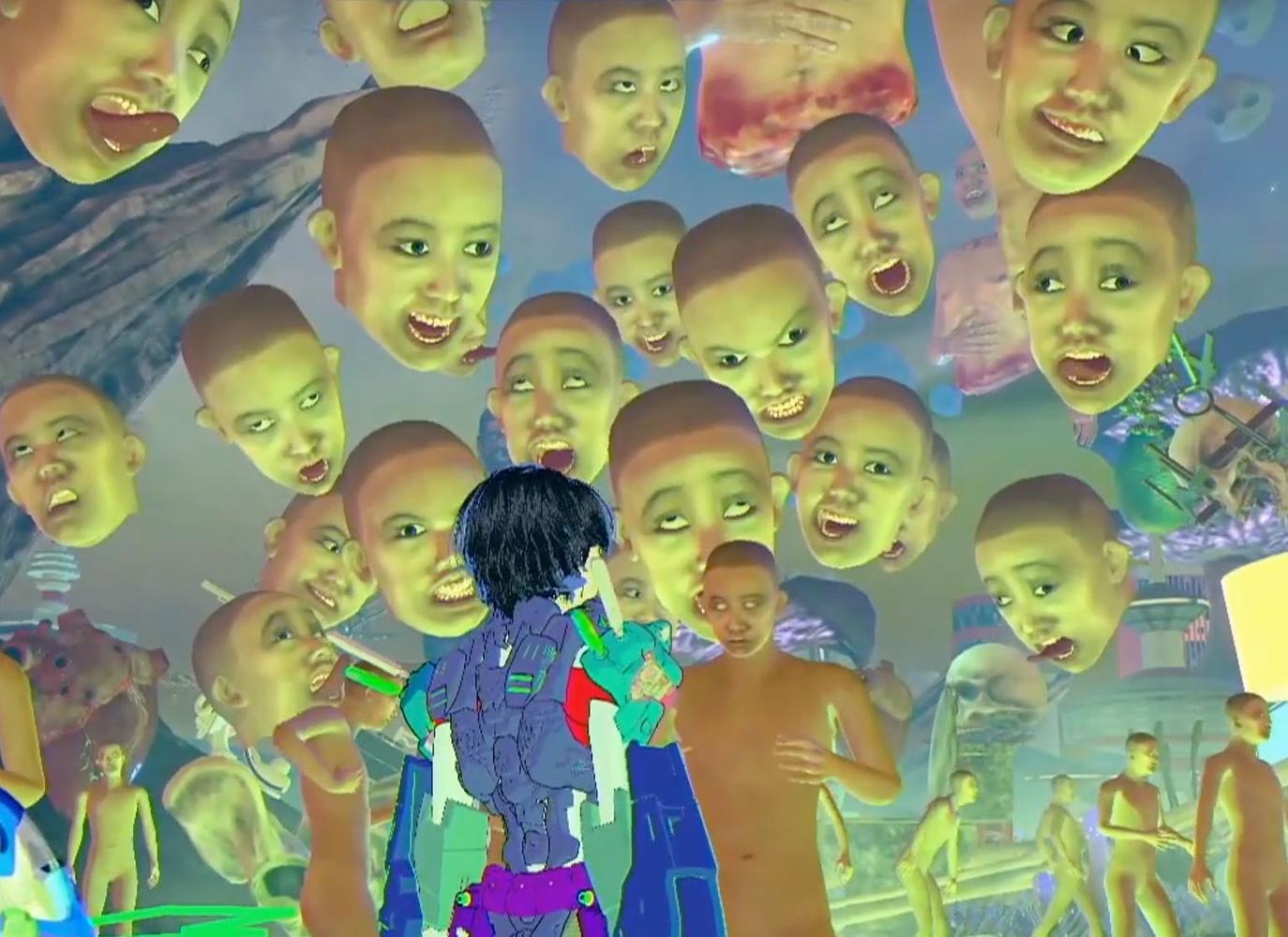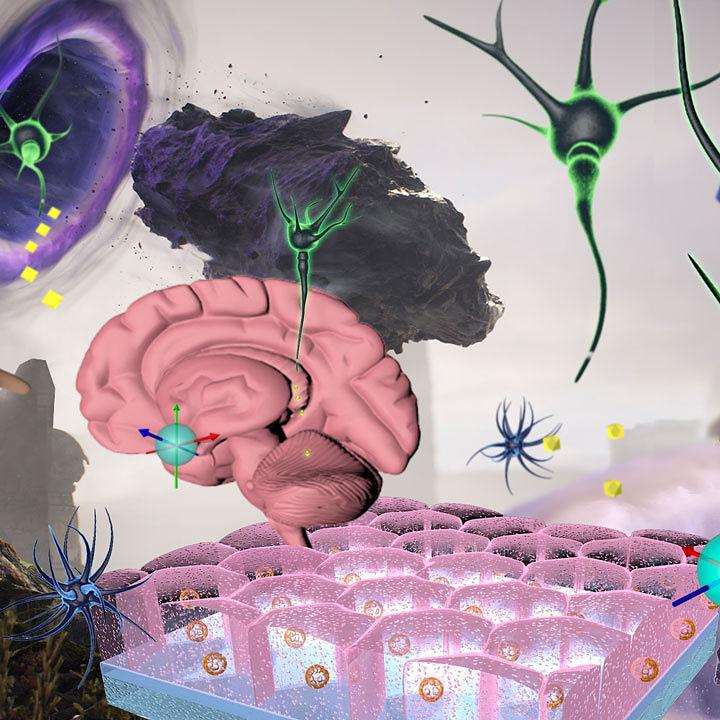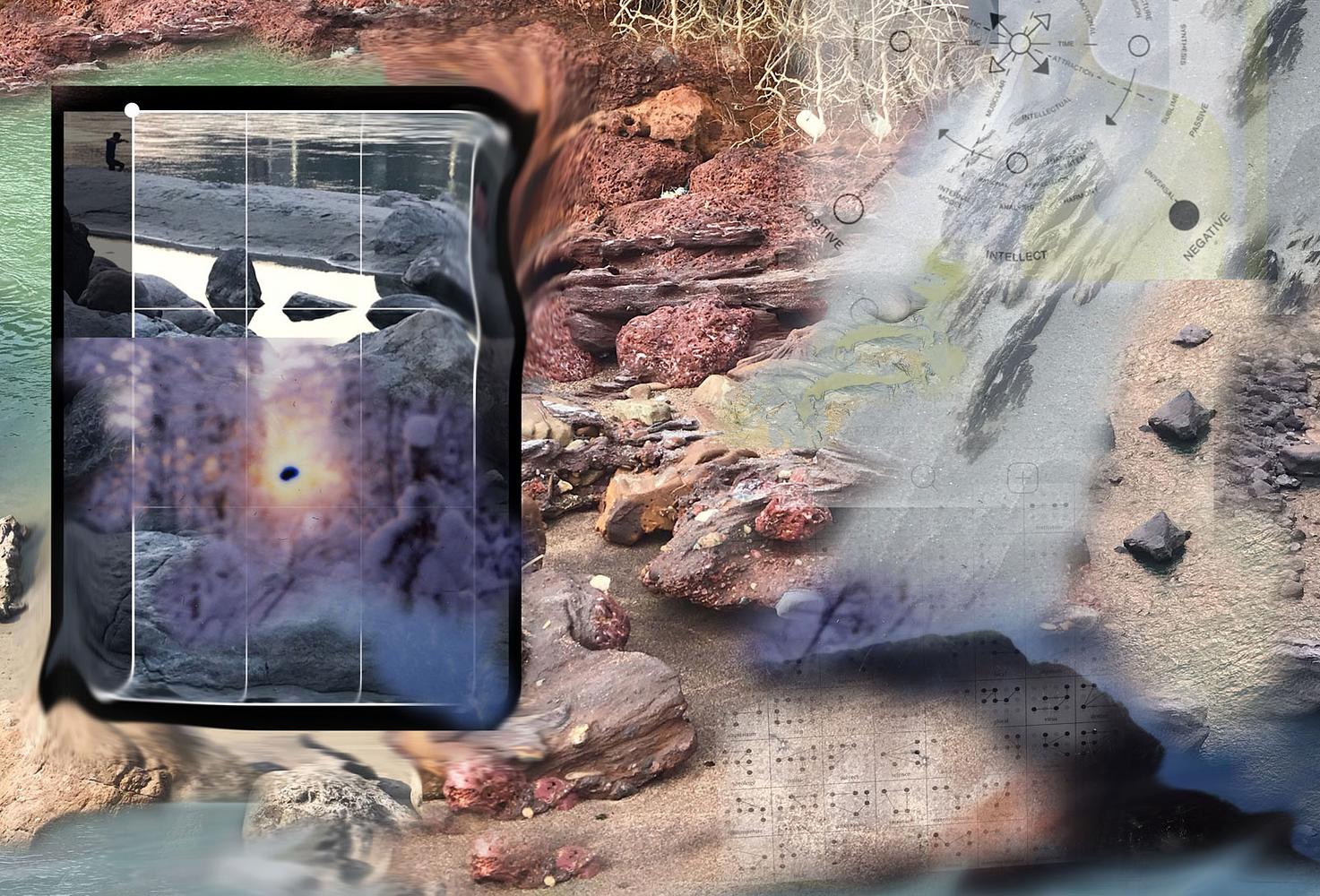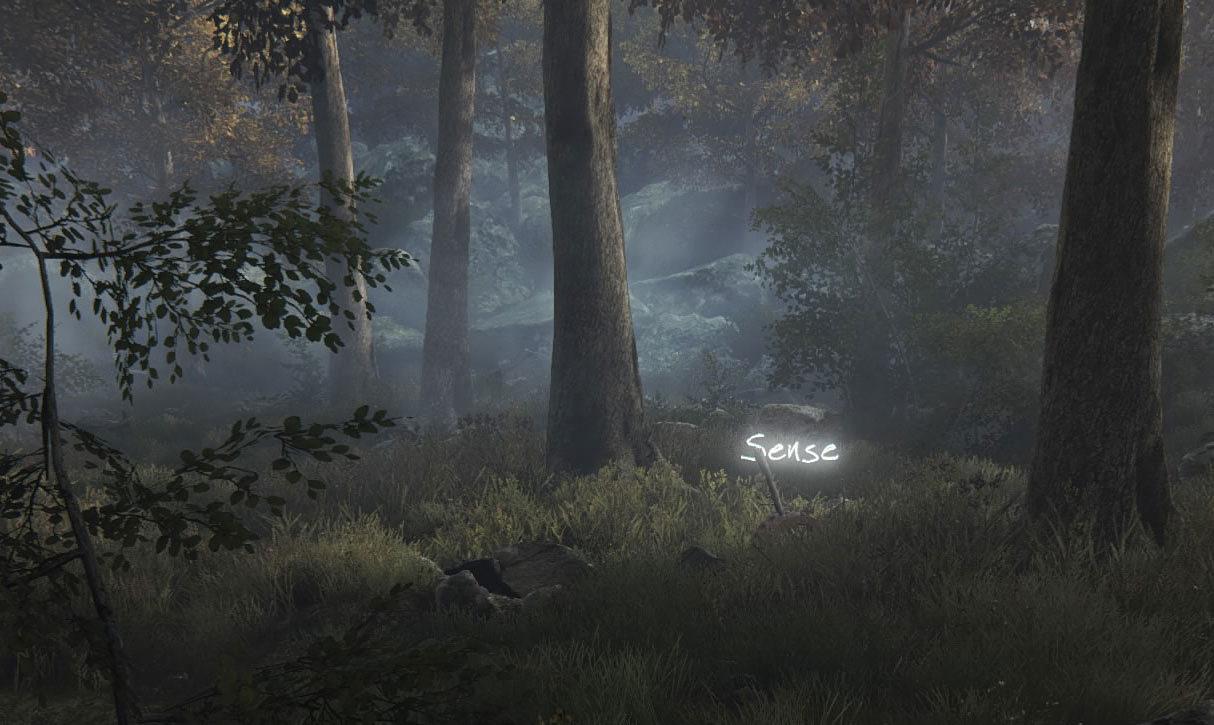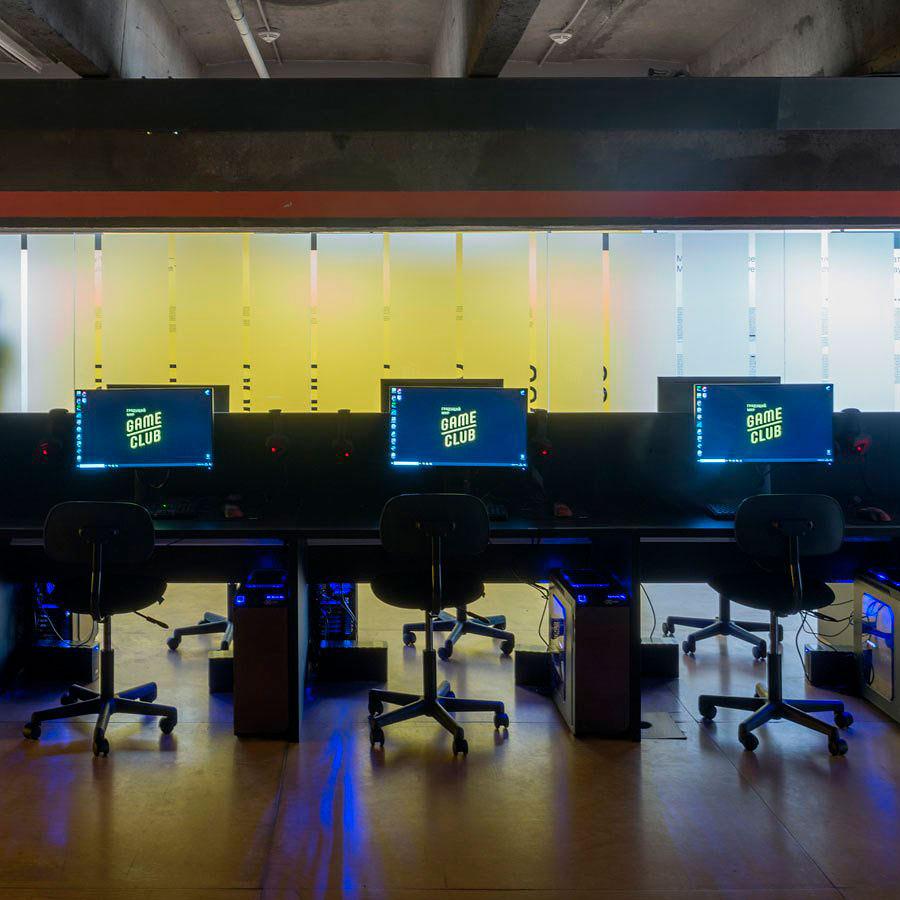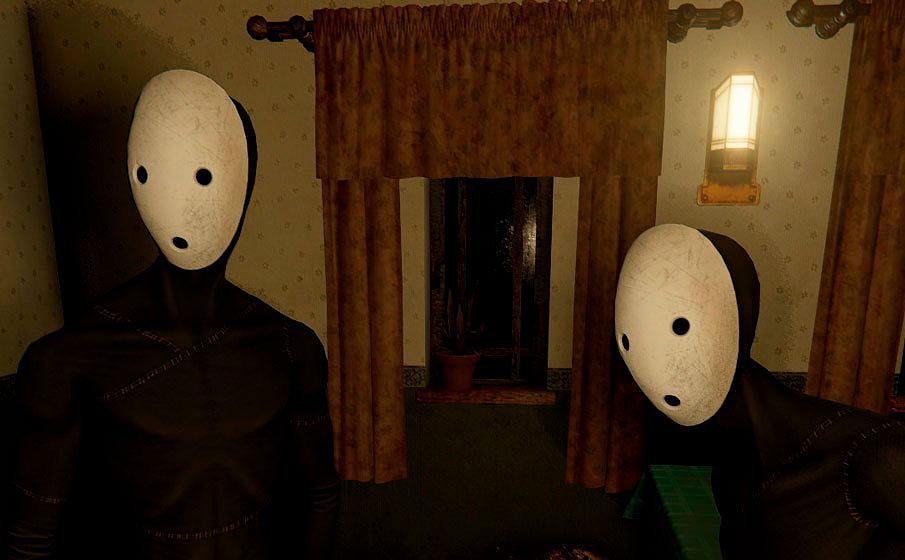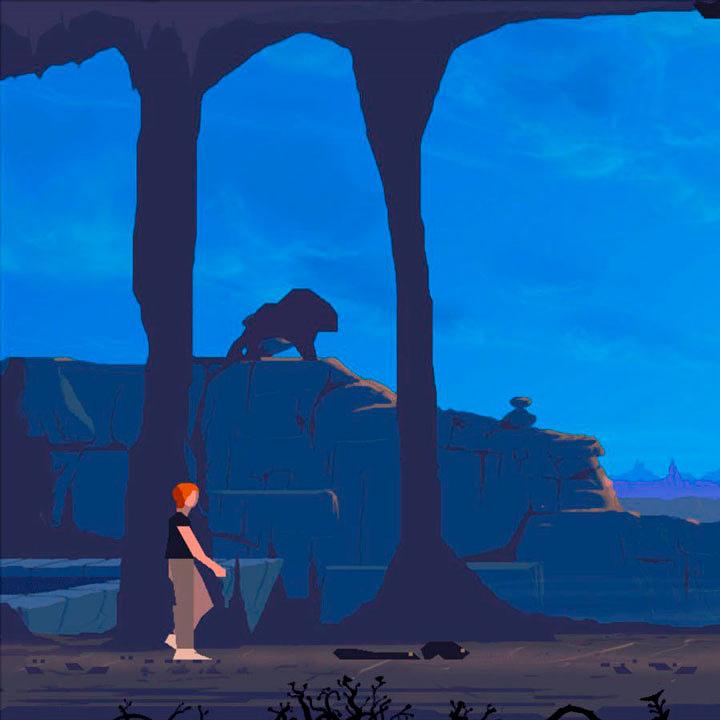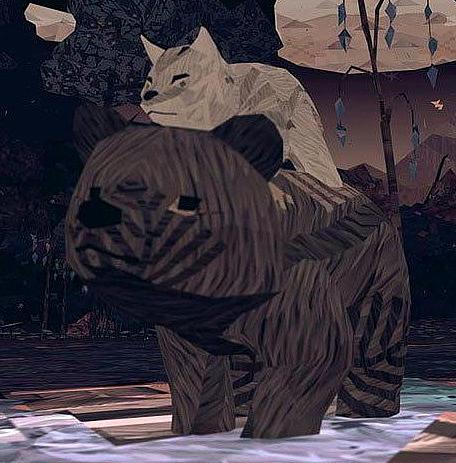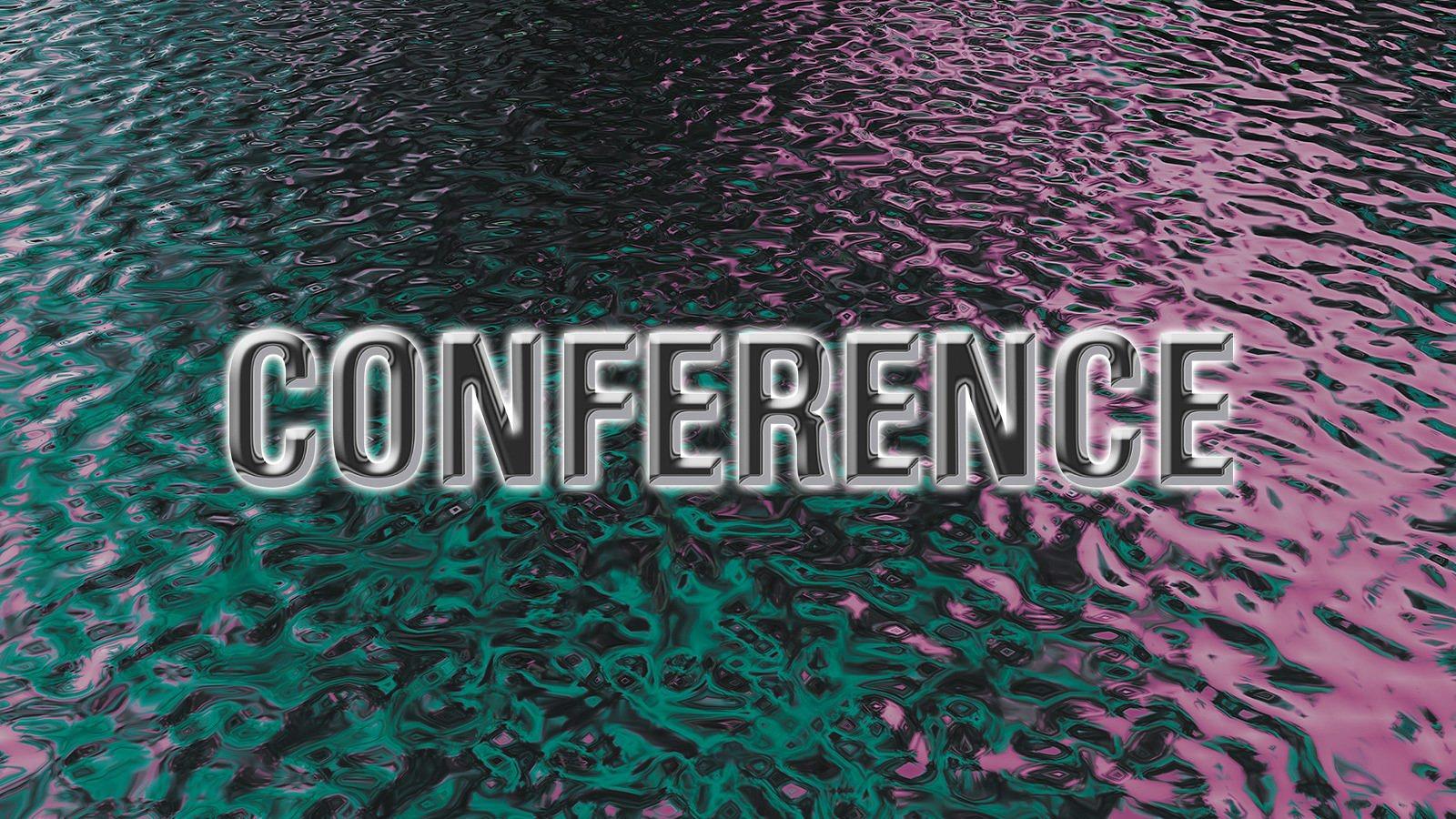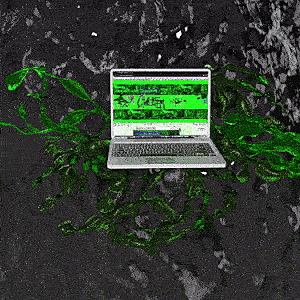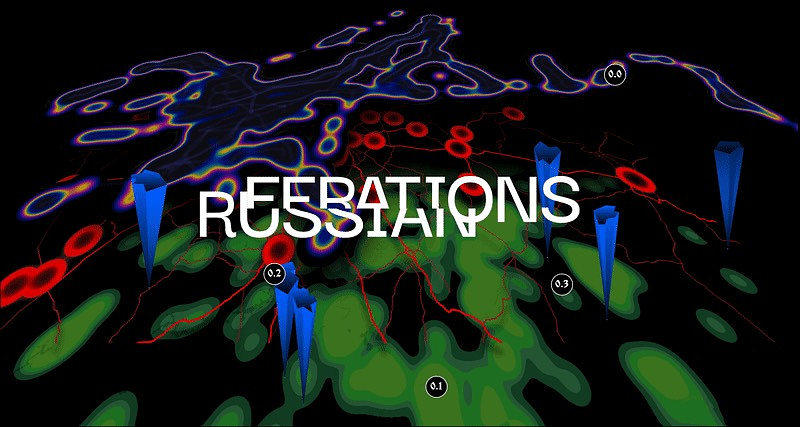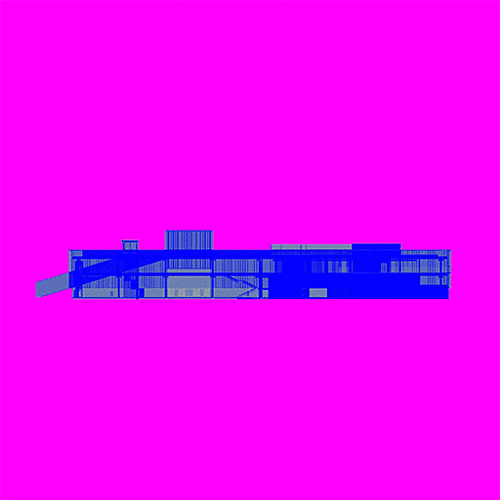
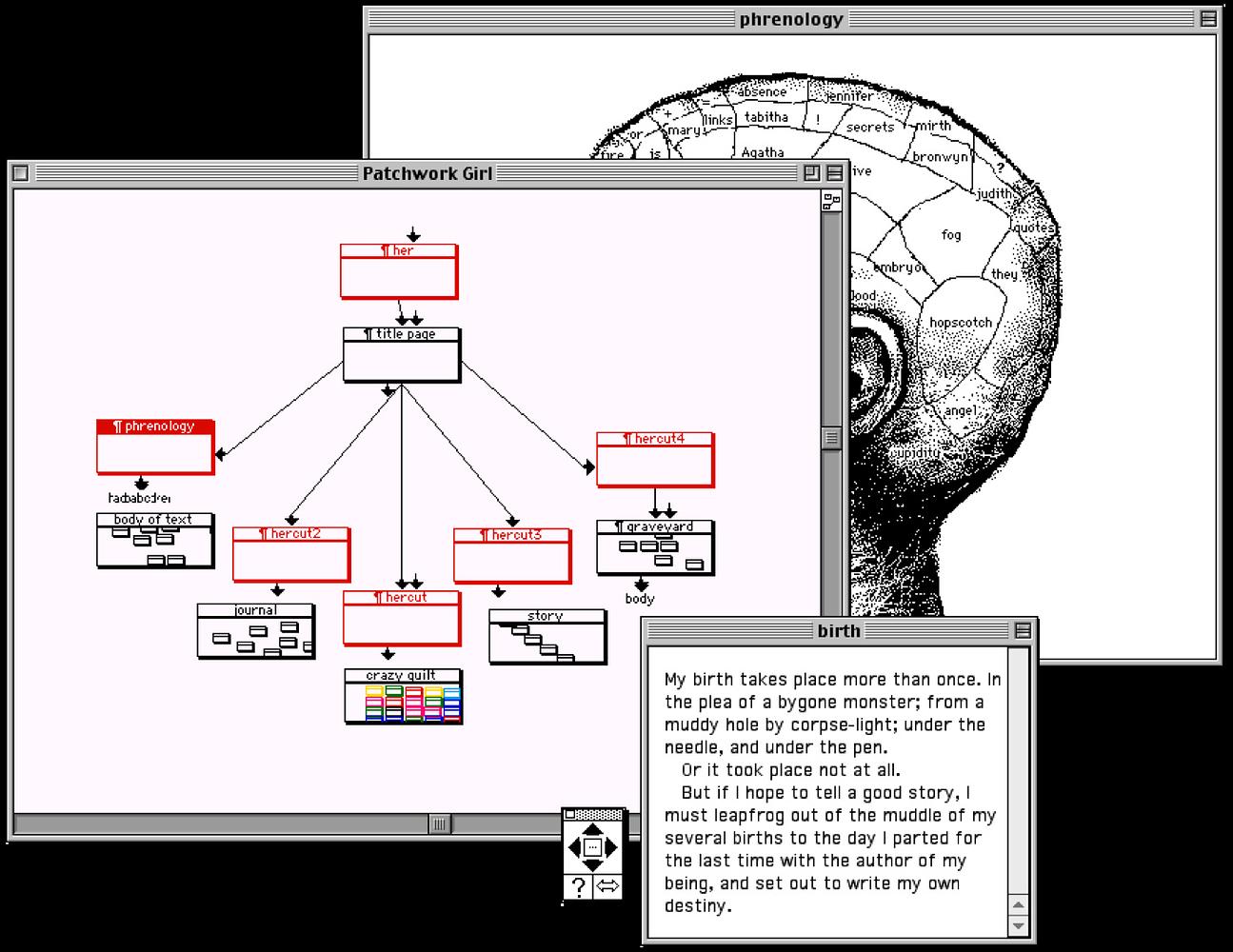
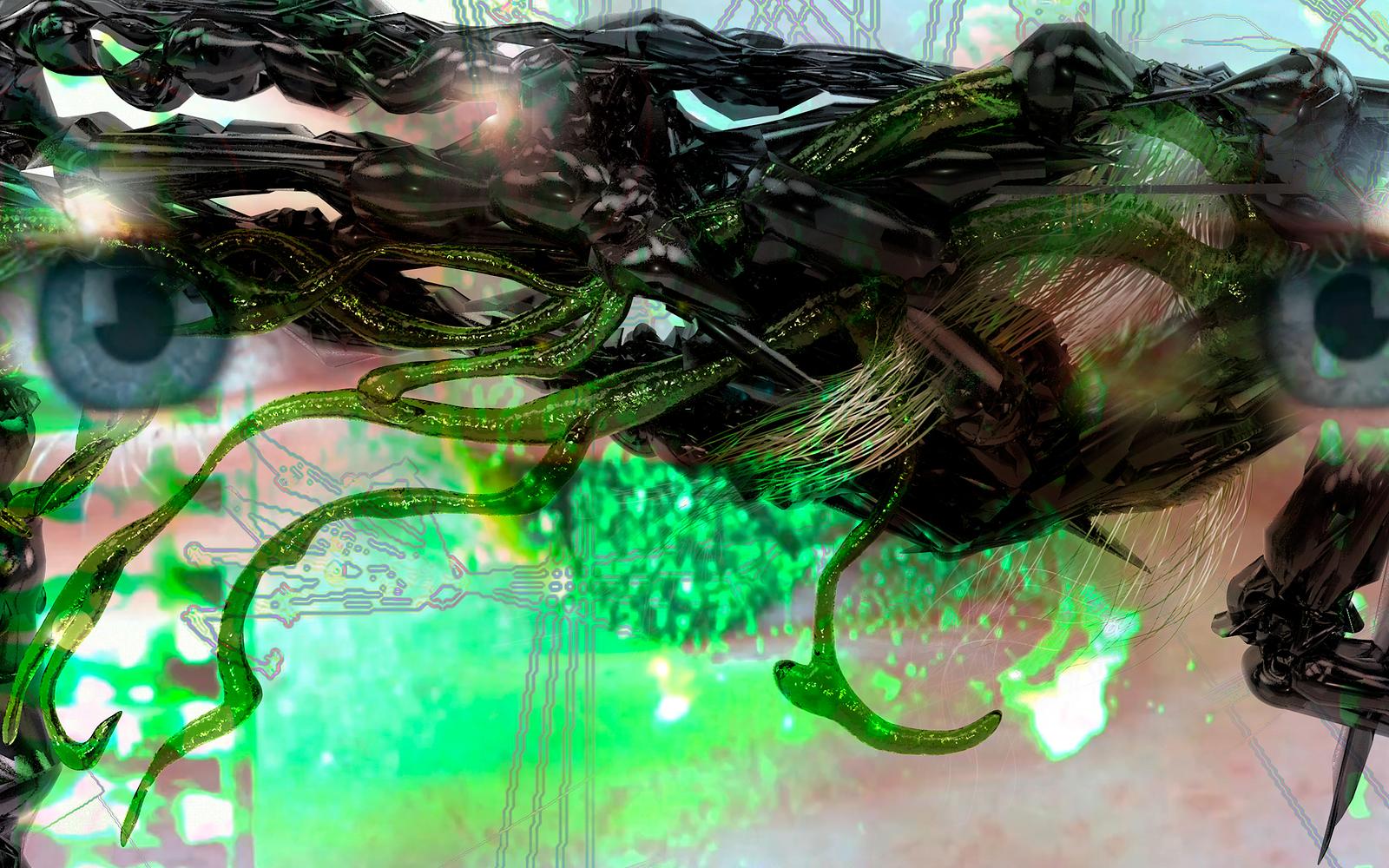
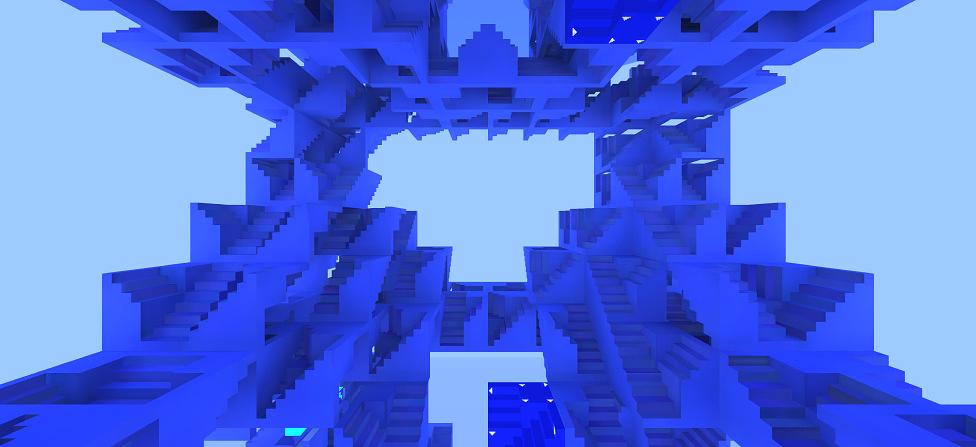
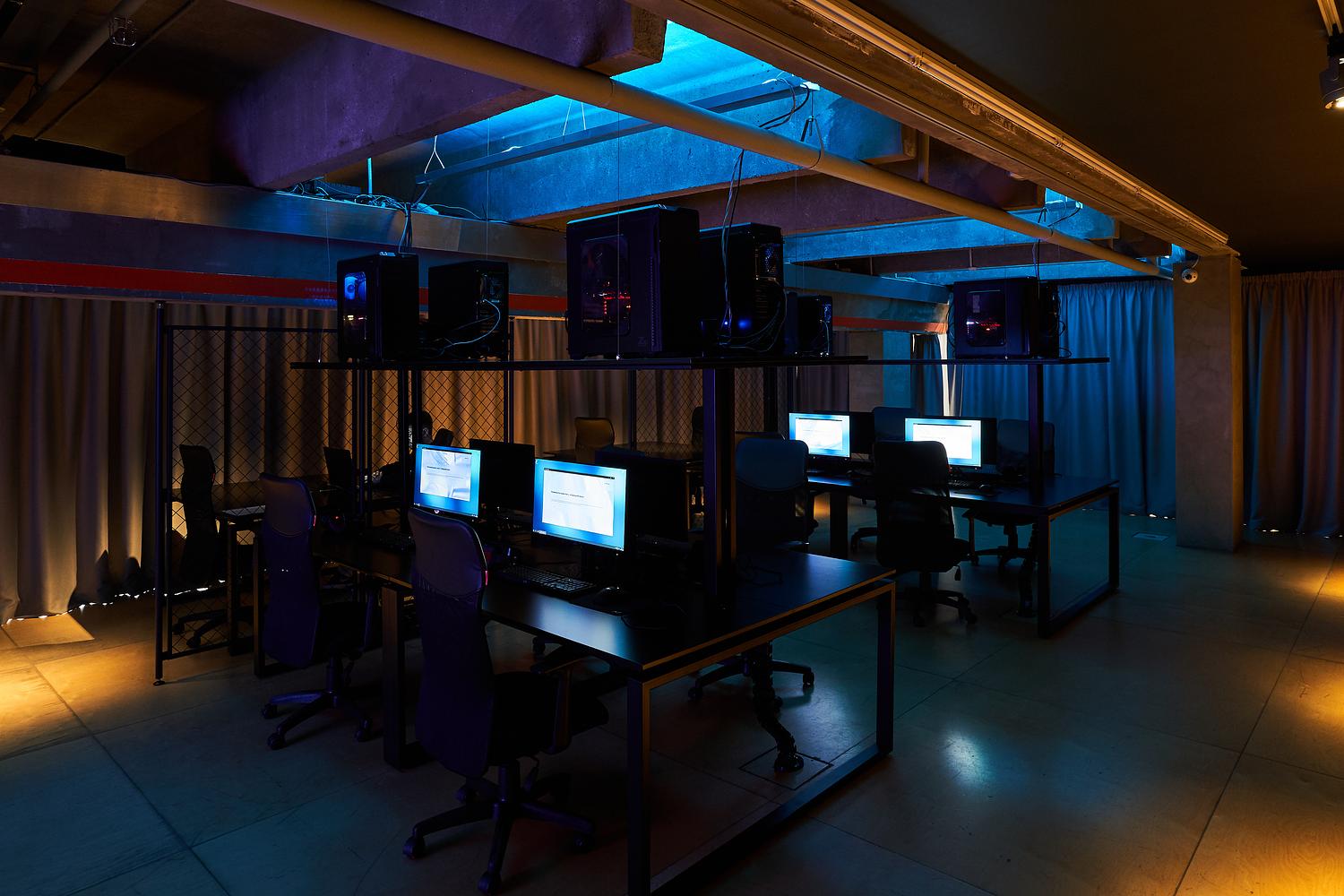

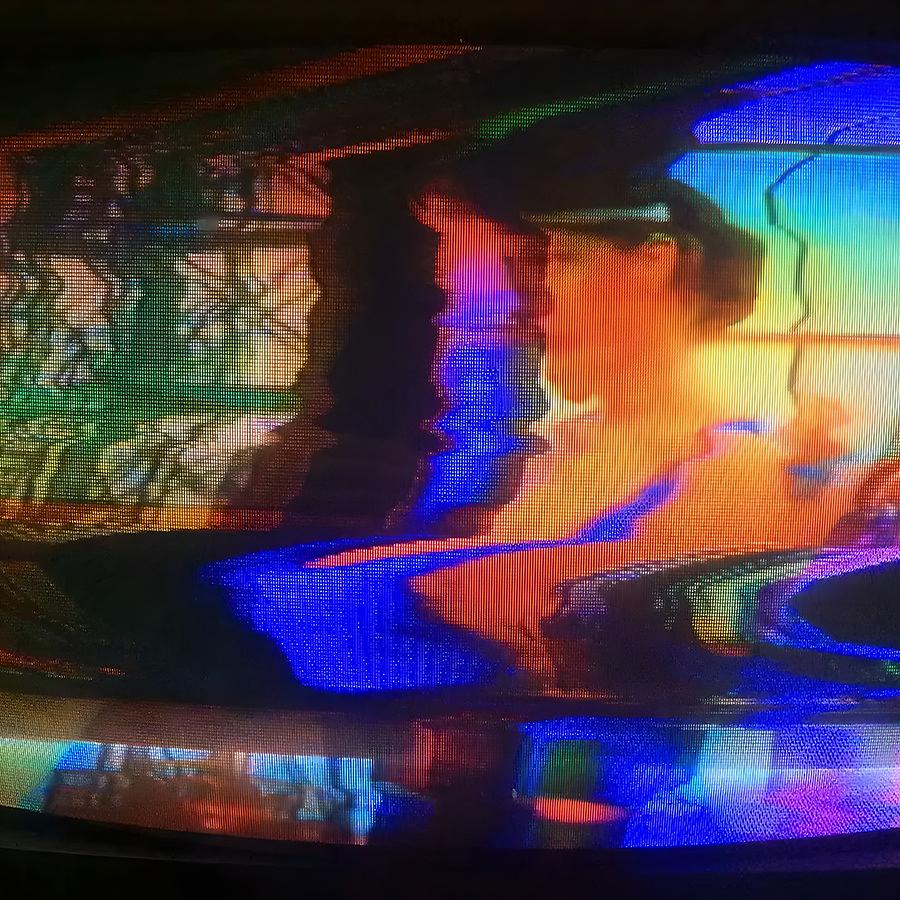
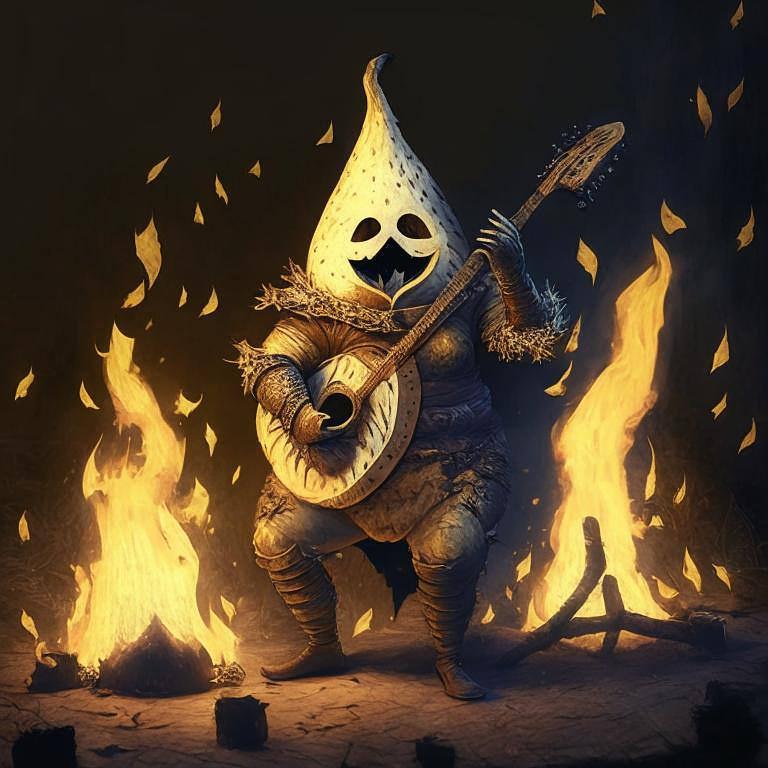
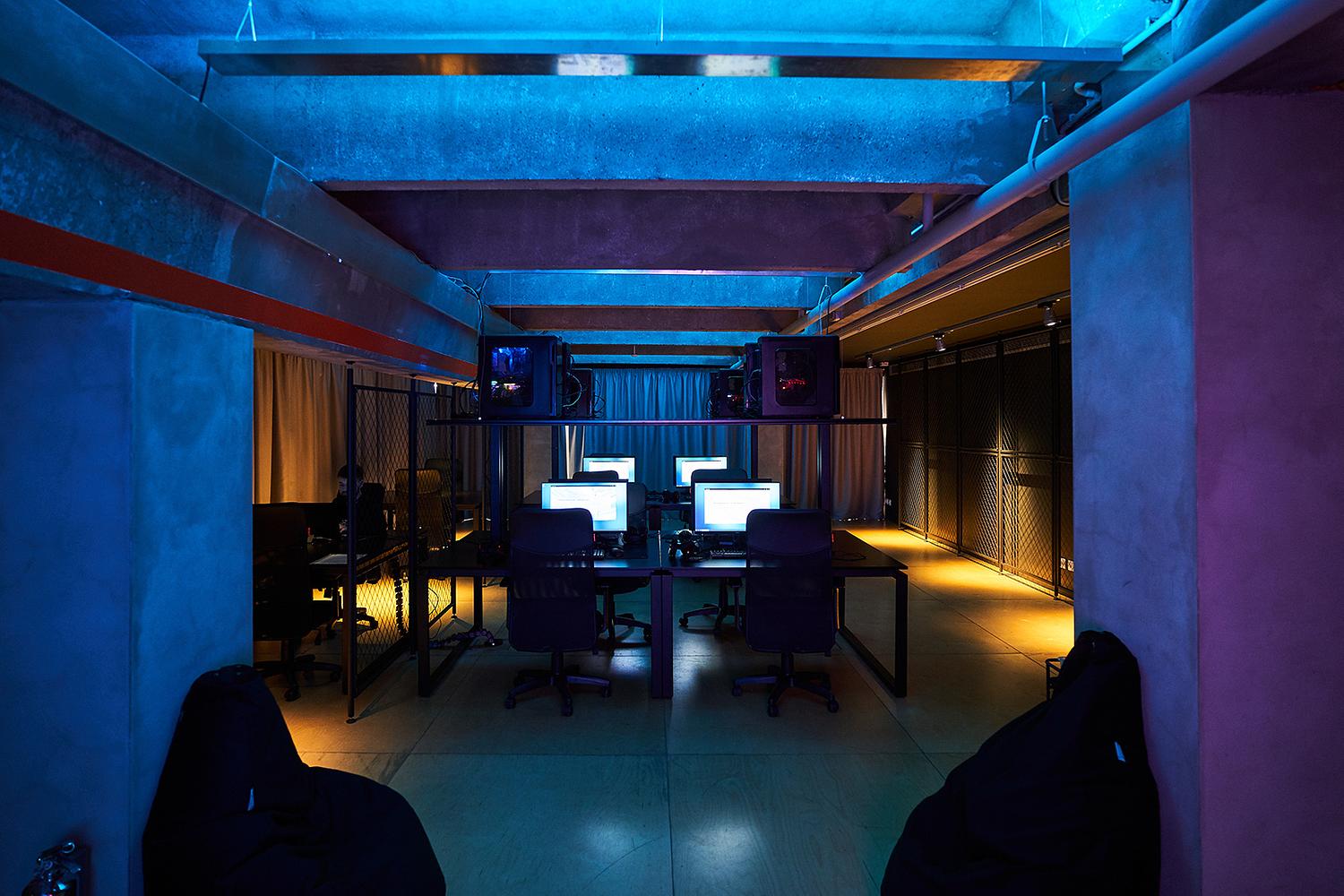
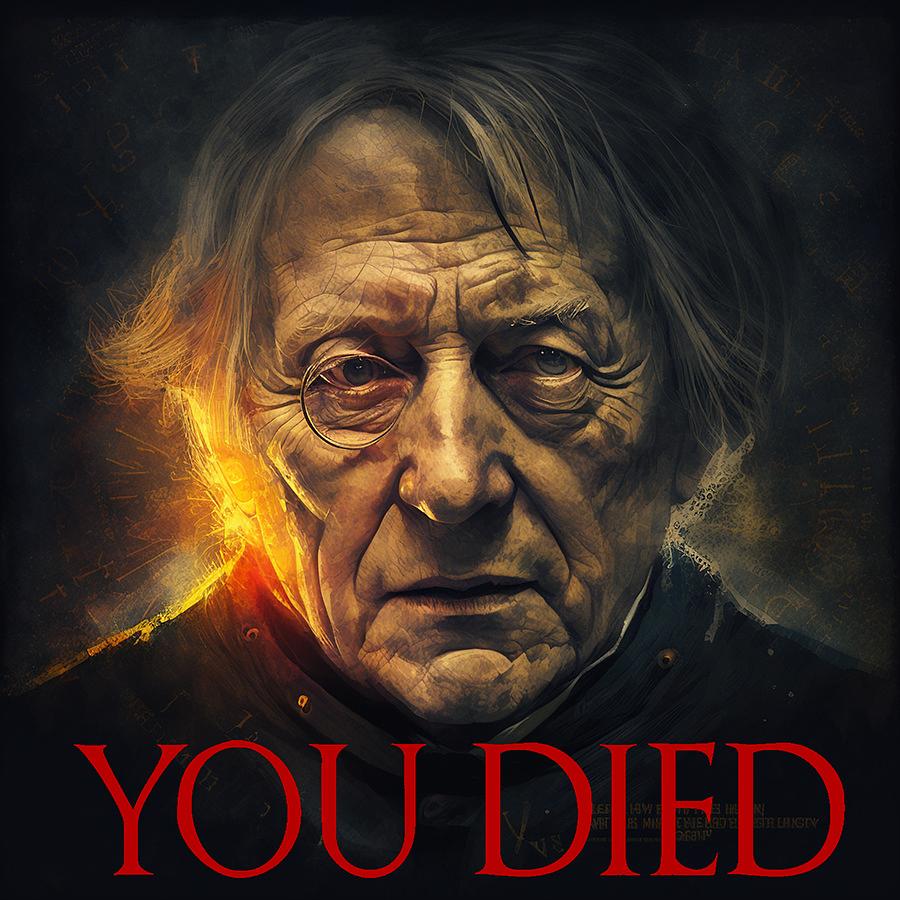
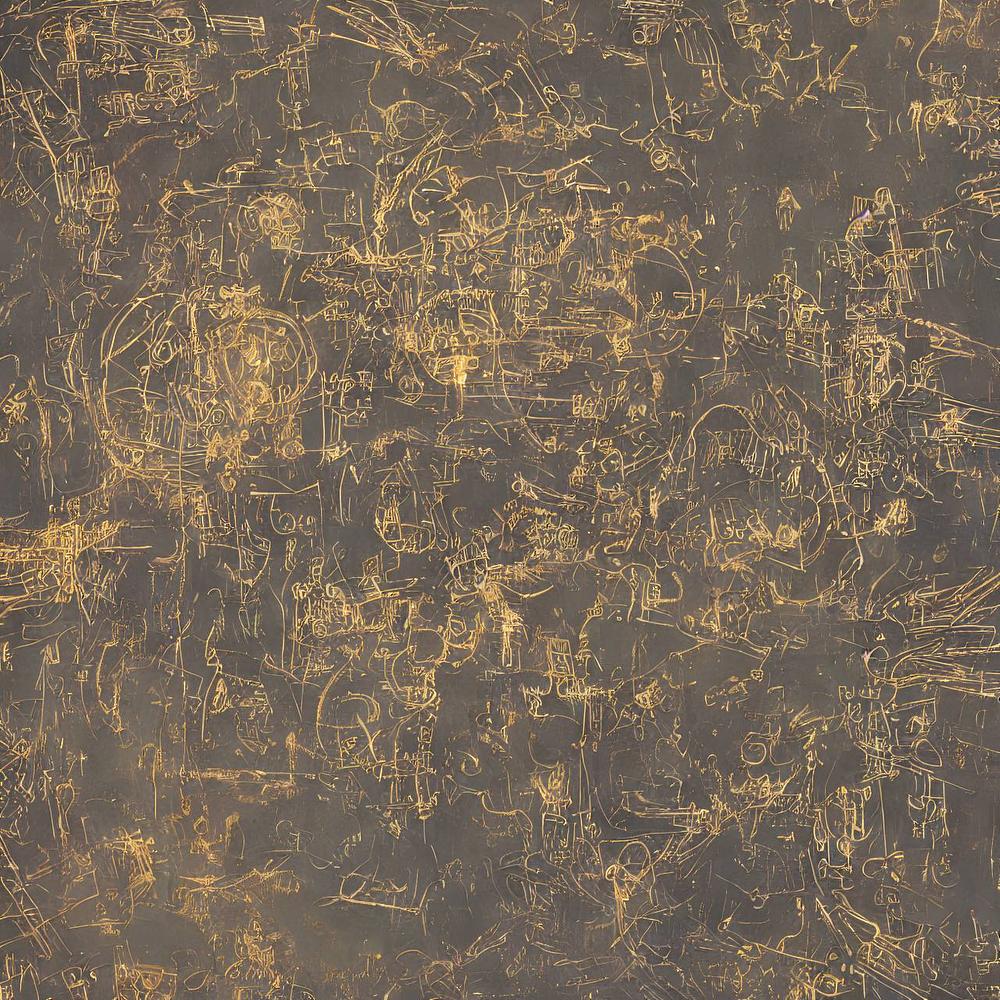
The main goal of the seminar is to transform gaming practice, which is casually believed to be a nonimportant recreational activity, into a training ground for the production of knowledge and social and cultural studies.
This event is part of the public program of the World Gone By computer class.
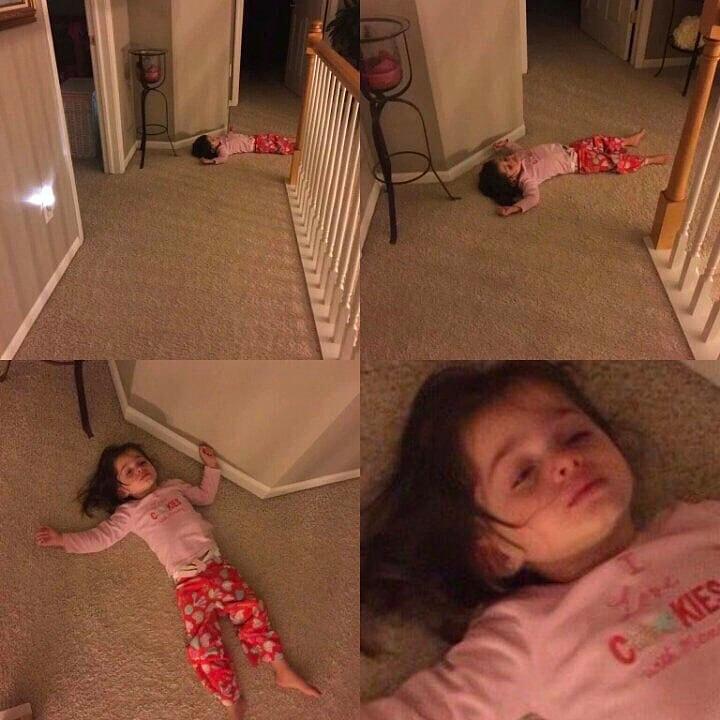
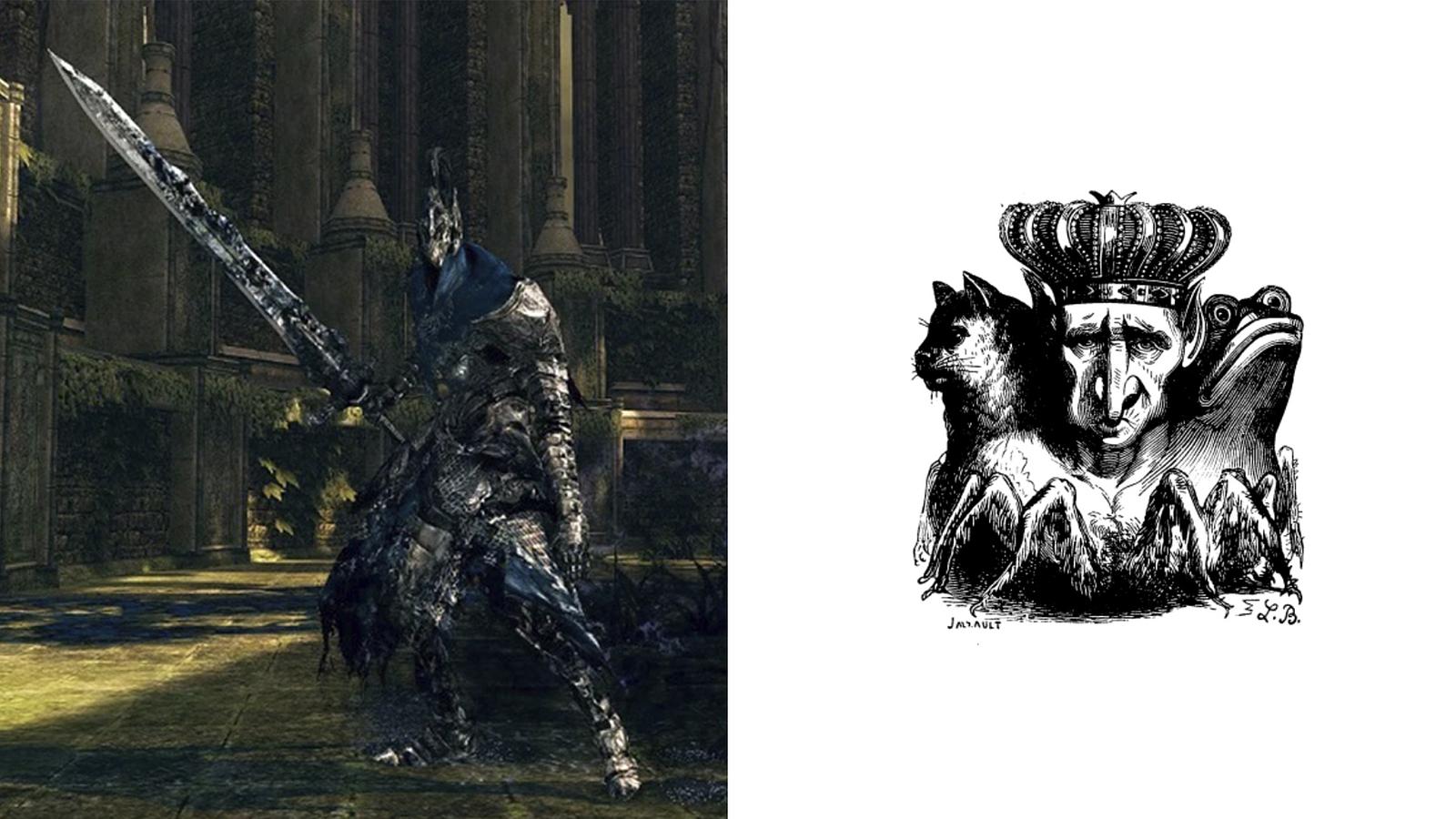
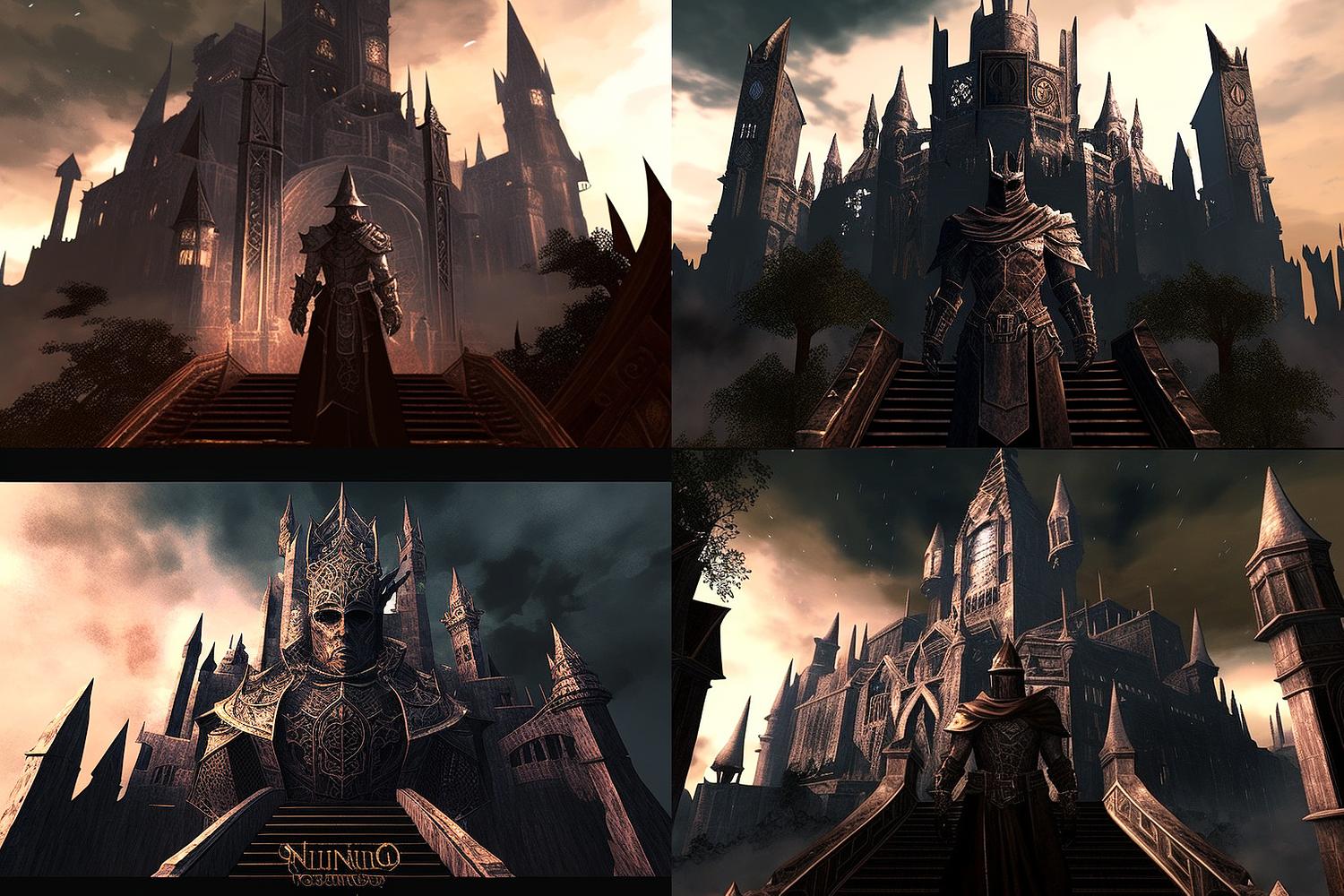
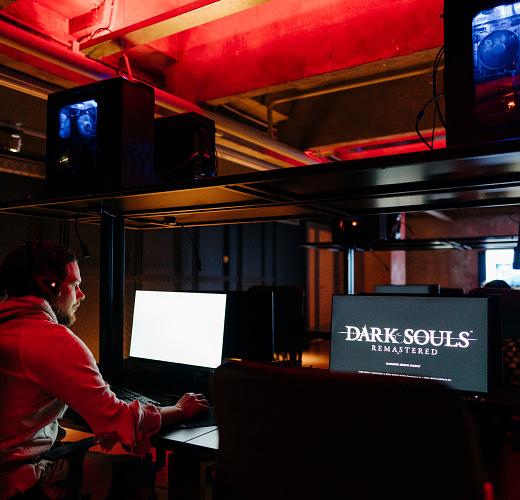
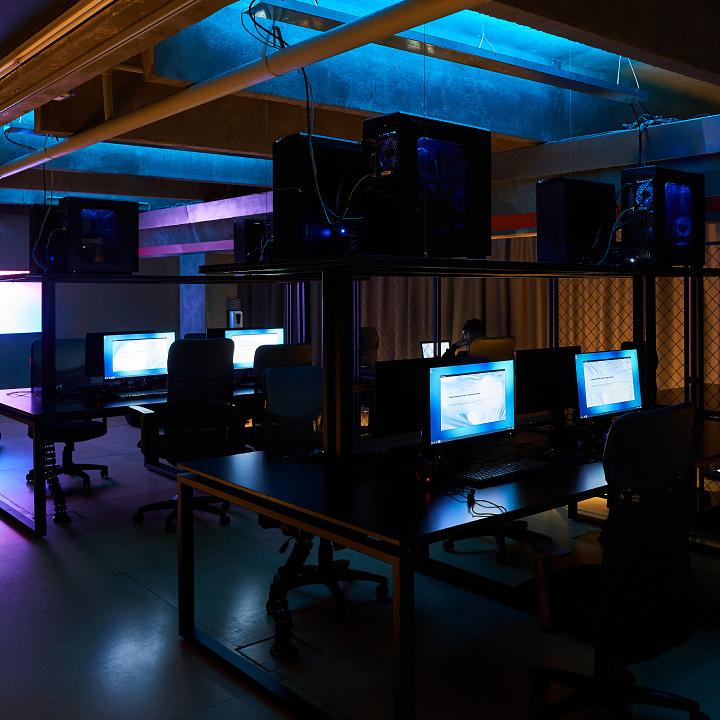

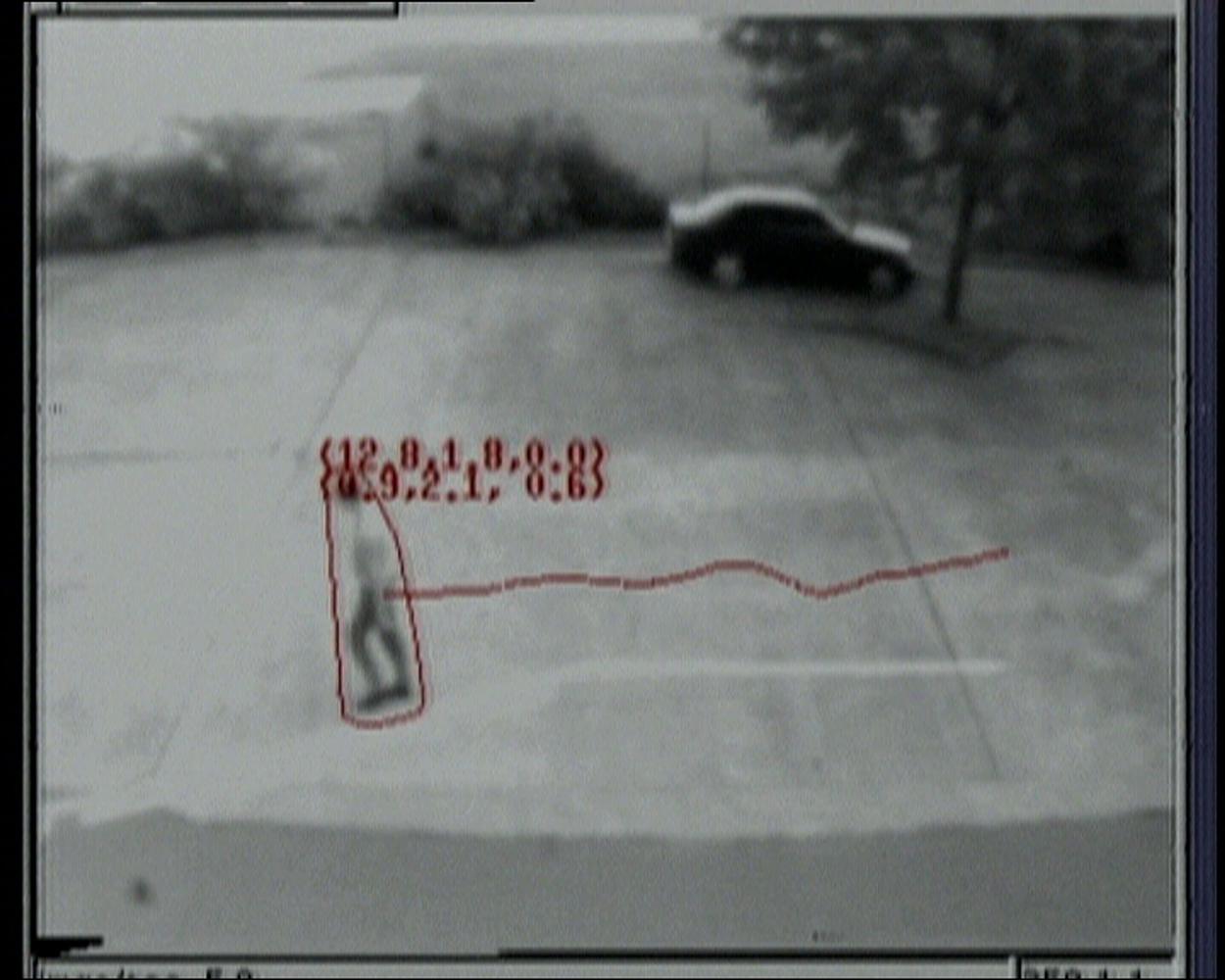
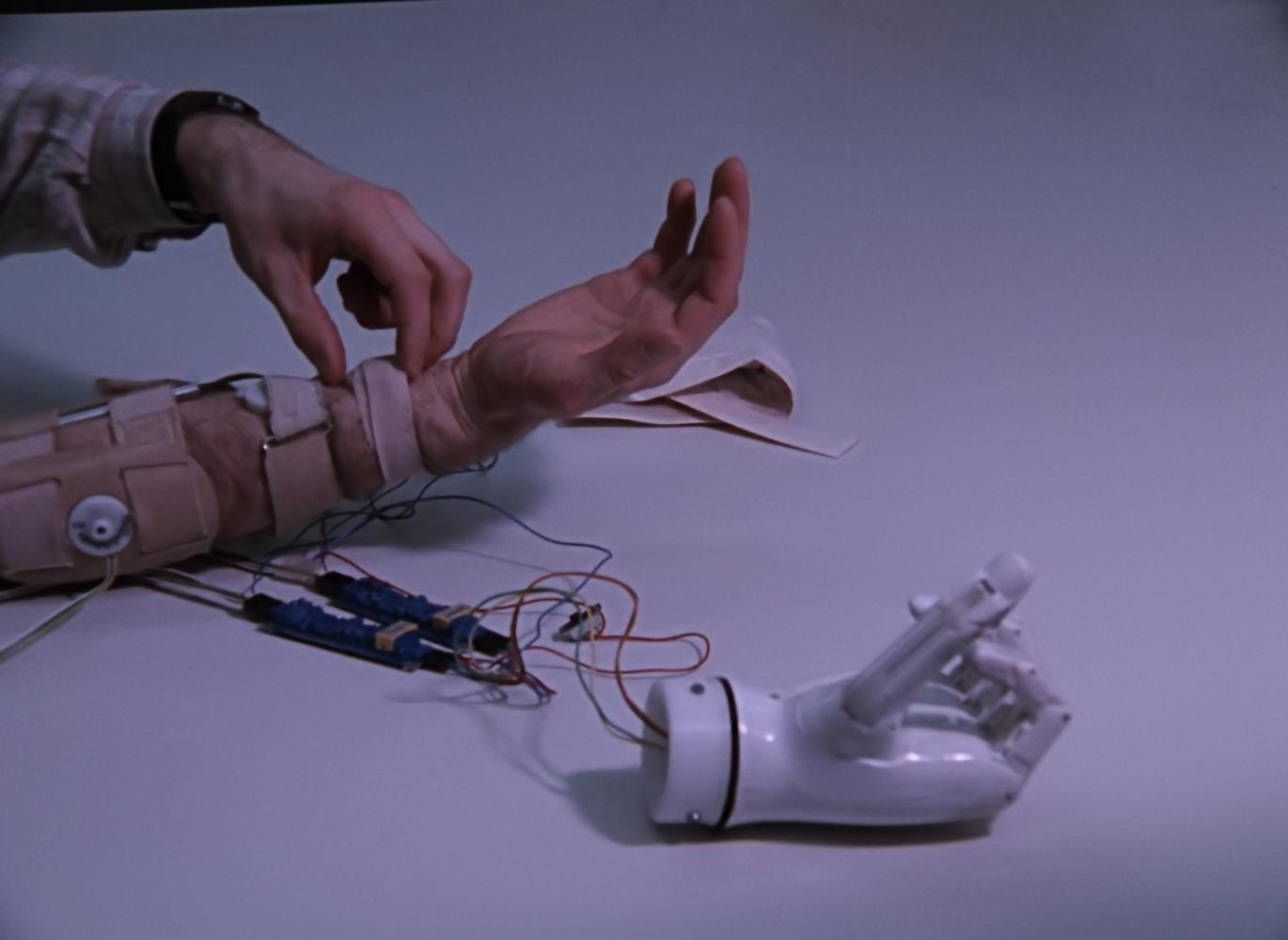
Garage Digital stopped working on this project.

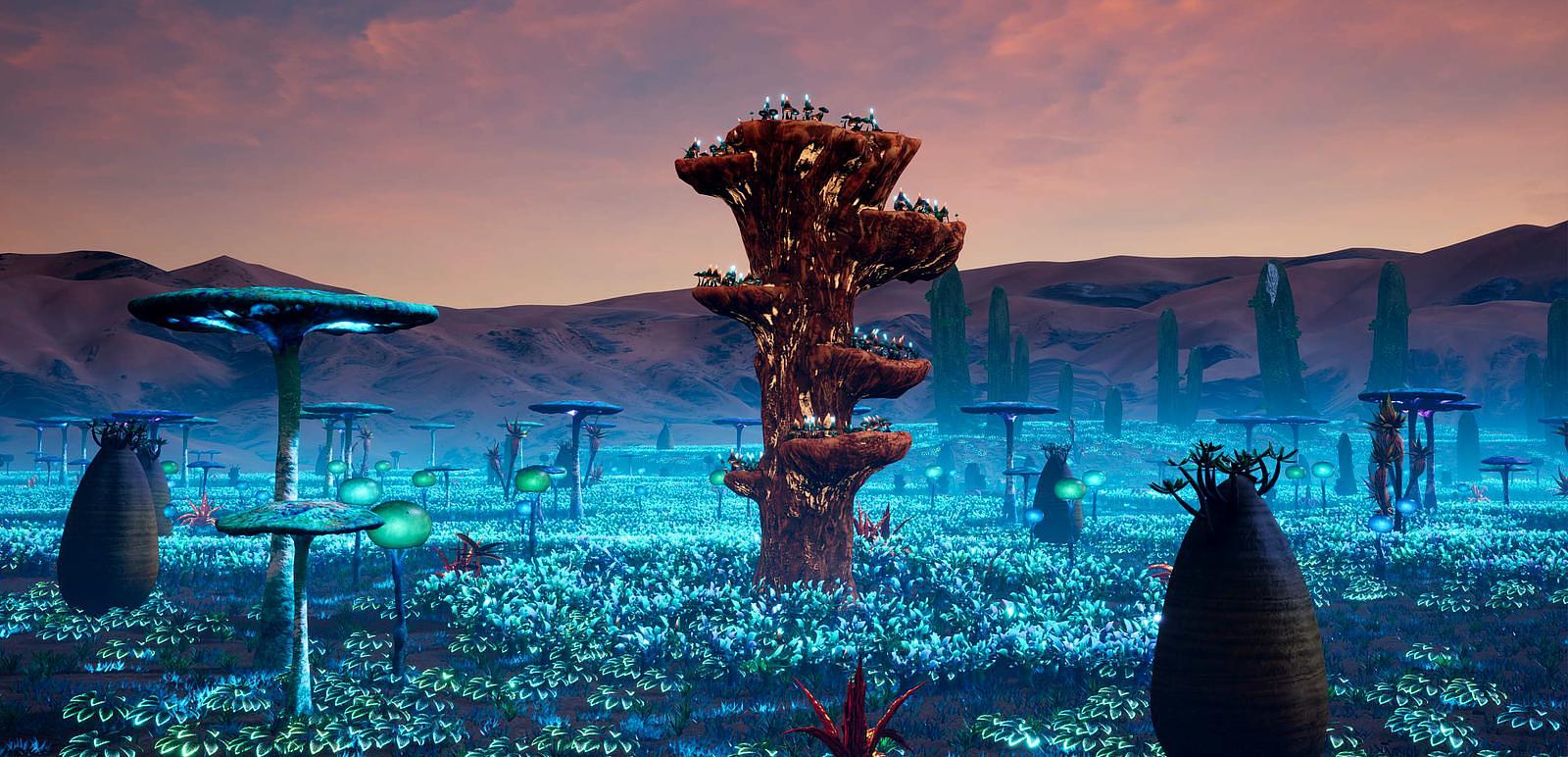
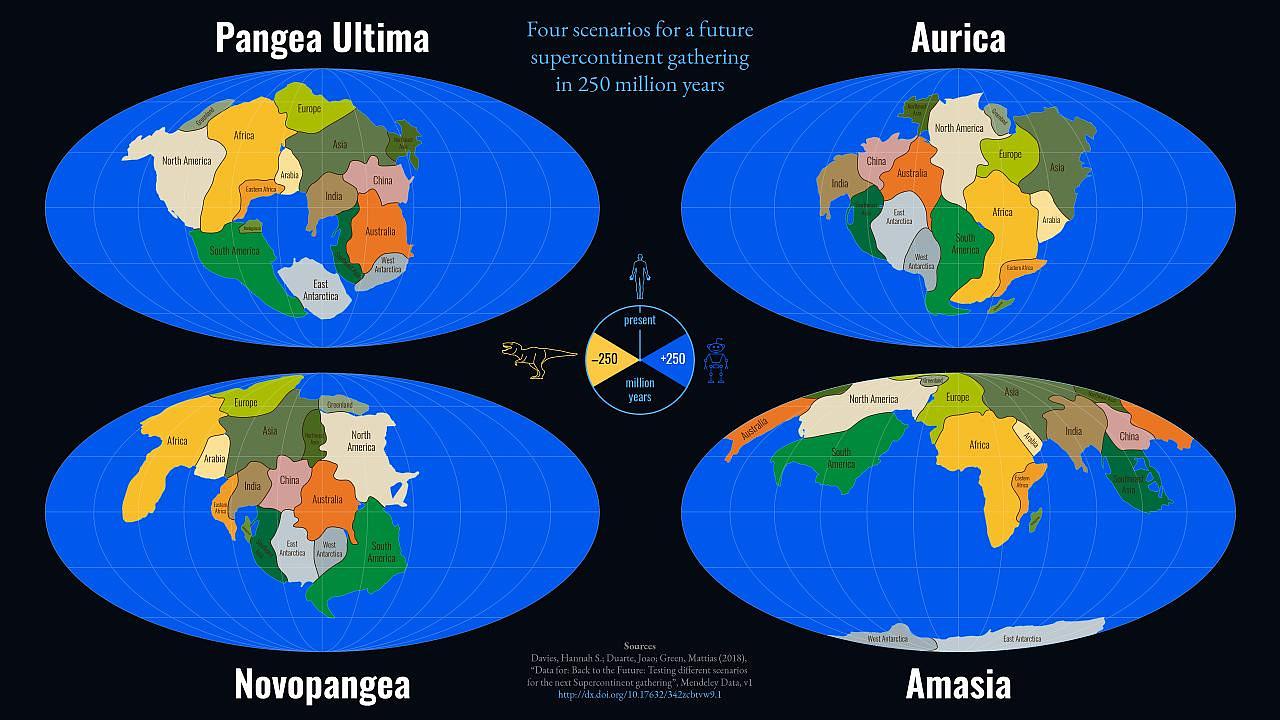
Performance Hydrogen City is the new site-specific performance by Digital Object Alliance invites visitors to experience the materiality of a speculative world of the future through the possible embodiment of videogame logics. The performance took place at Hyundai Motorstudio Moscow as part of the joint program by Garage Digital and the online platform Rhizome for the international exhibition World on a Wire.
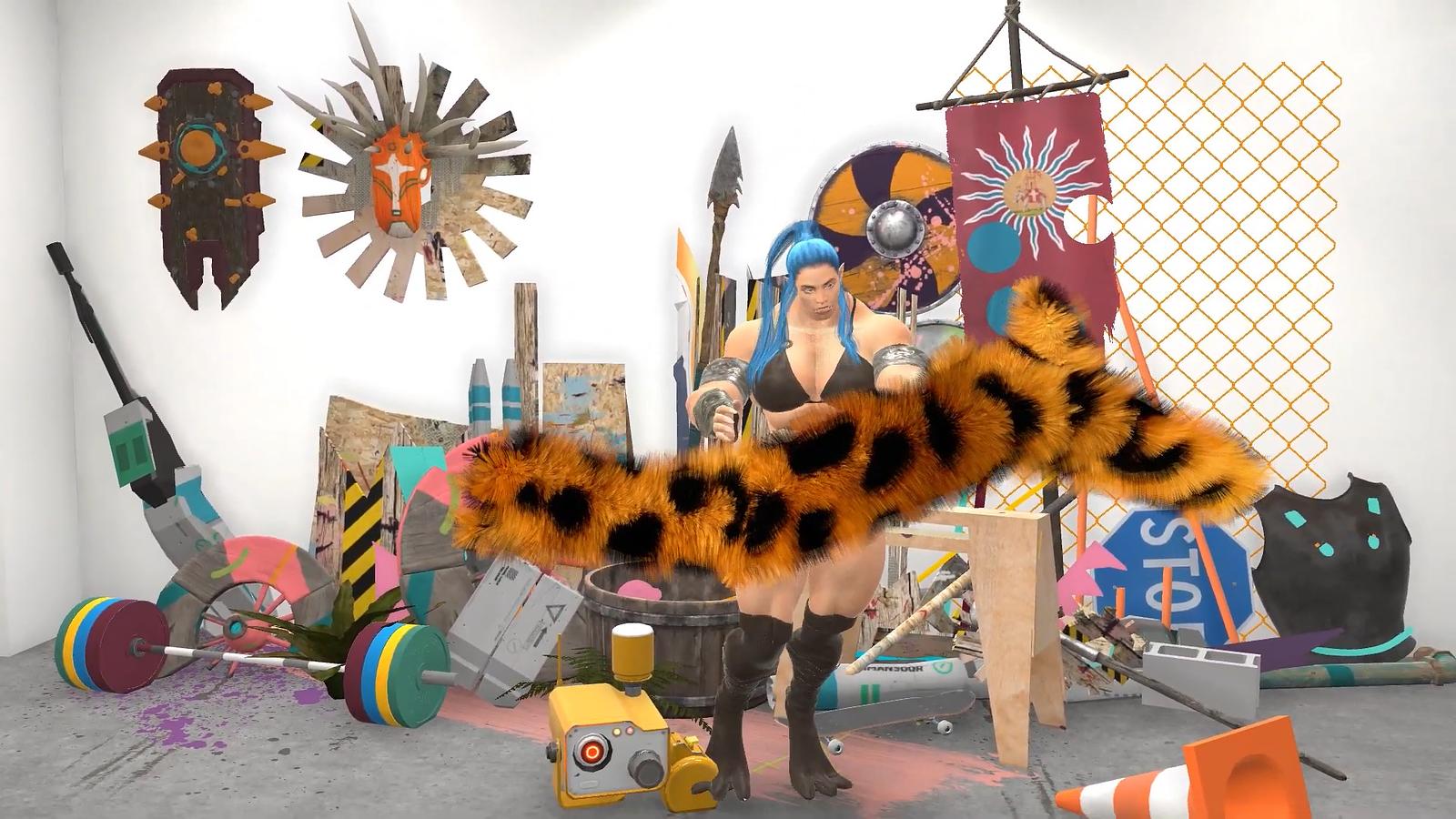
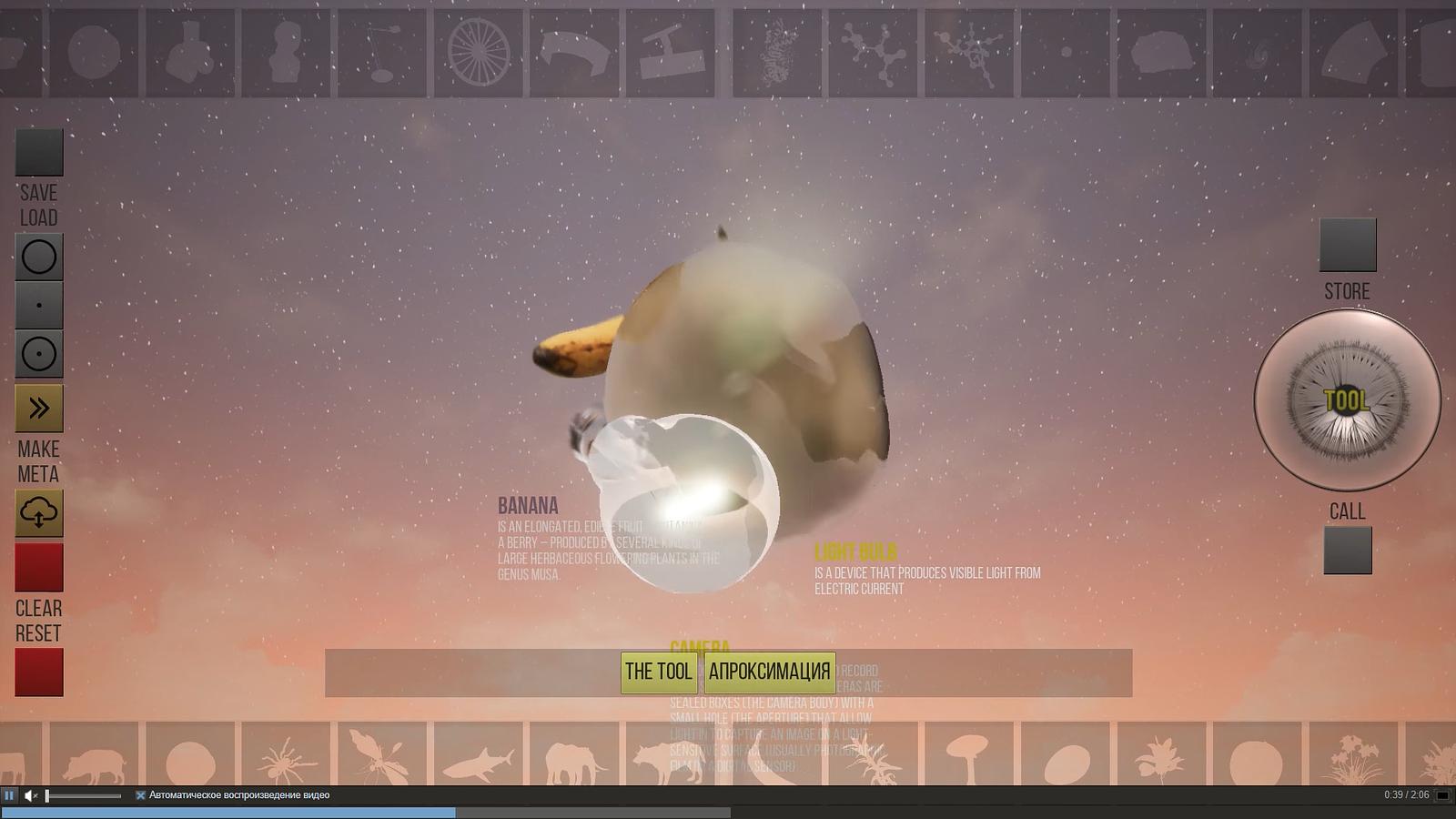
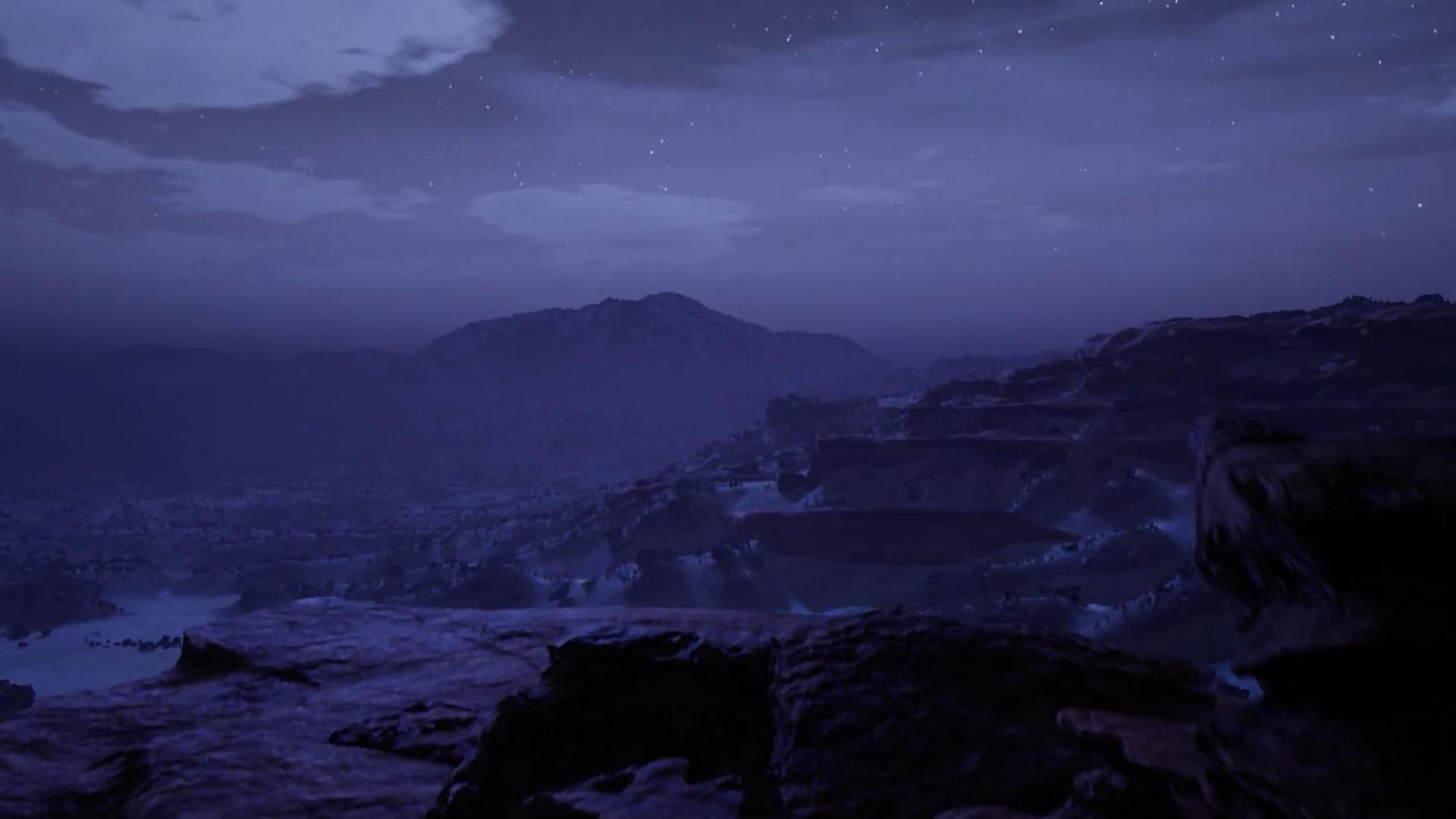
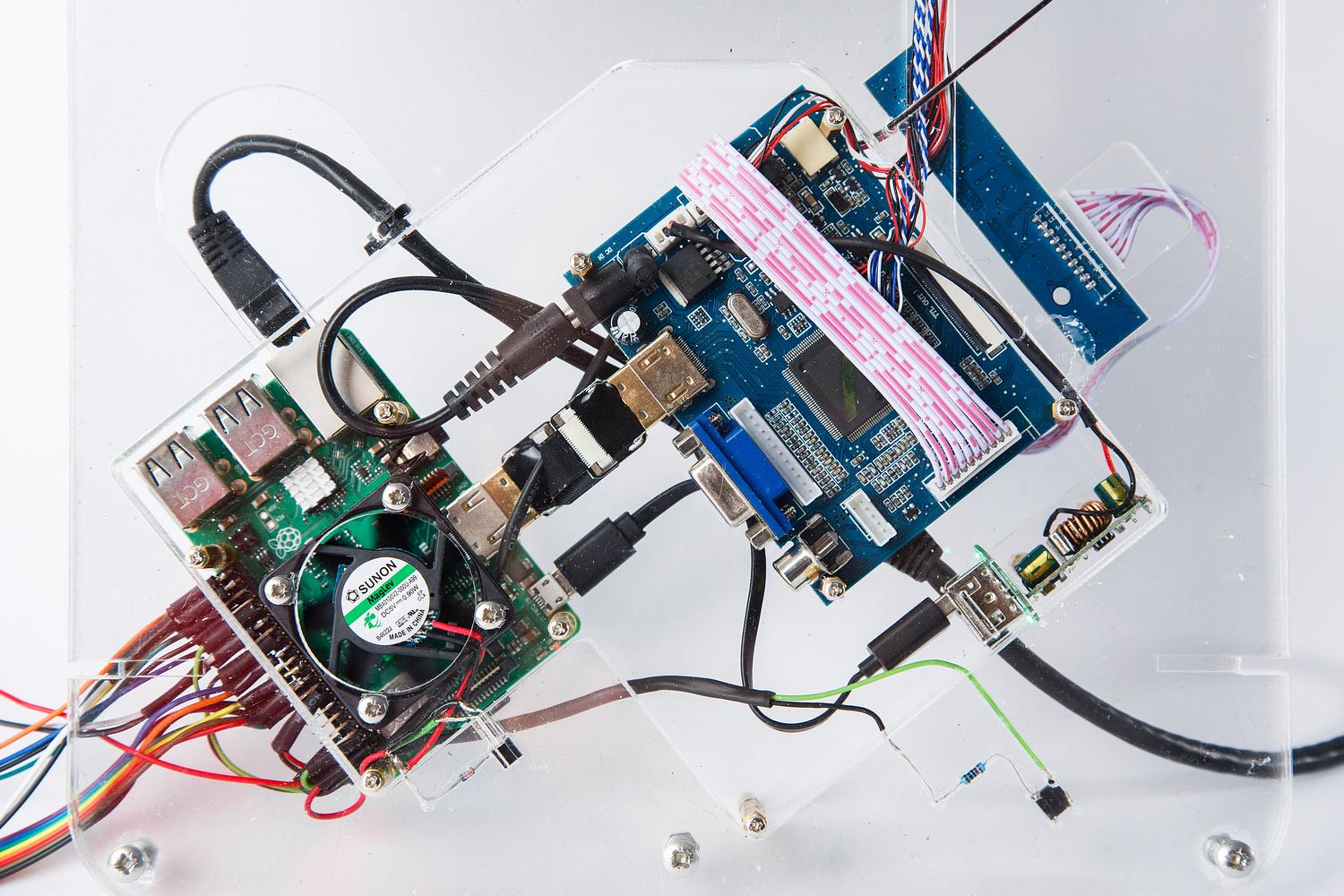
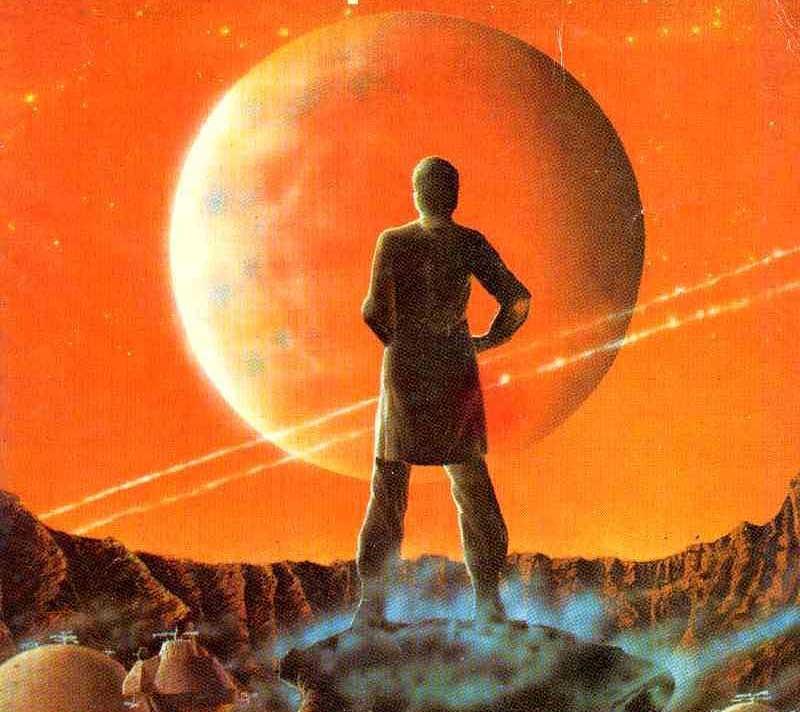
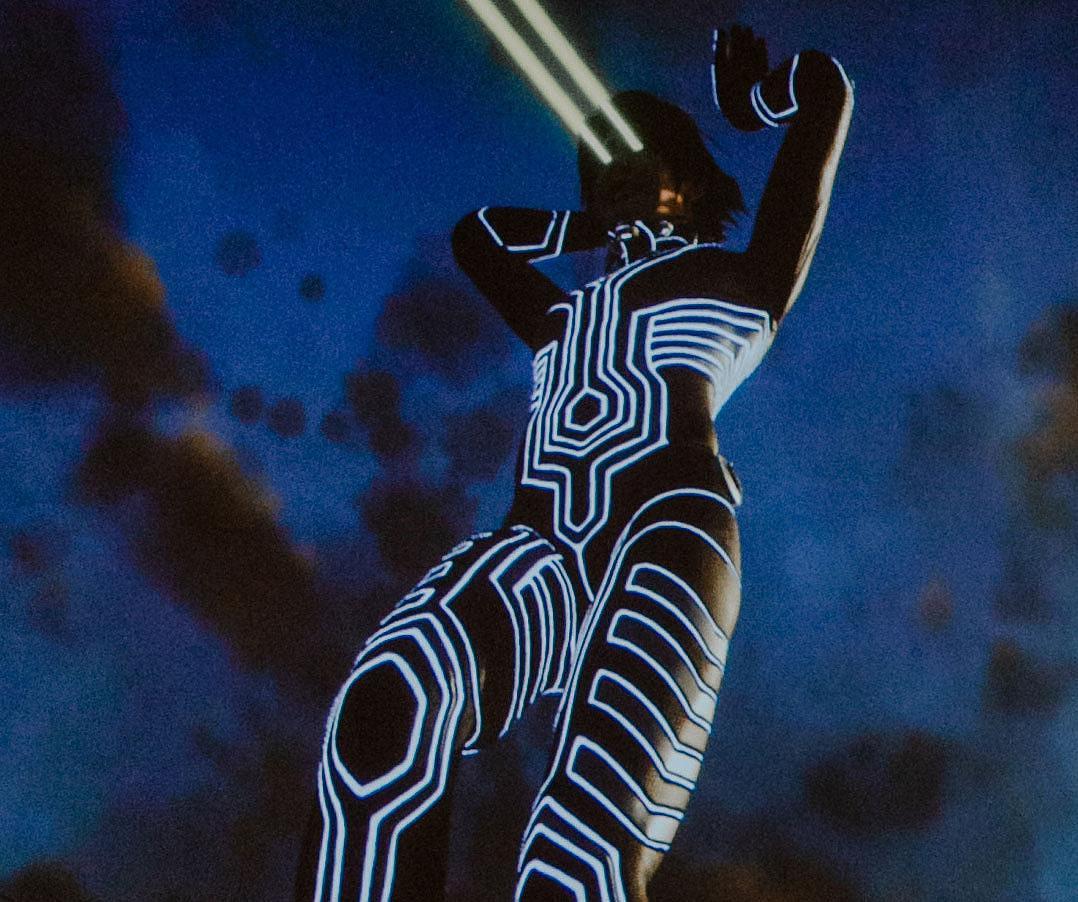
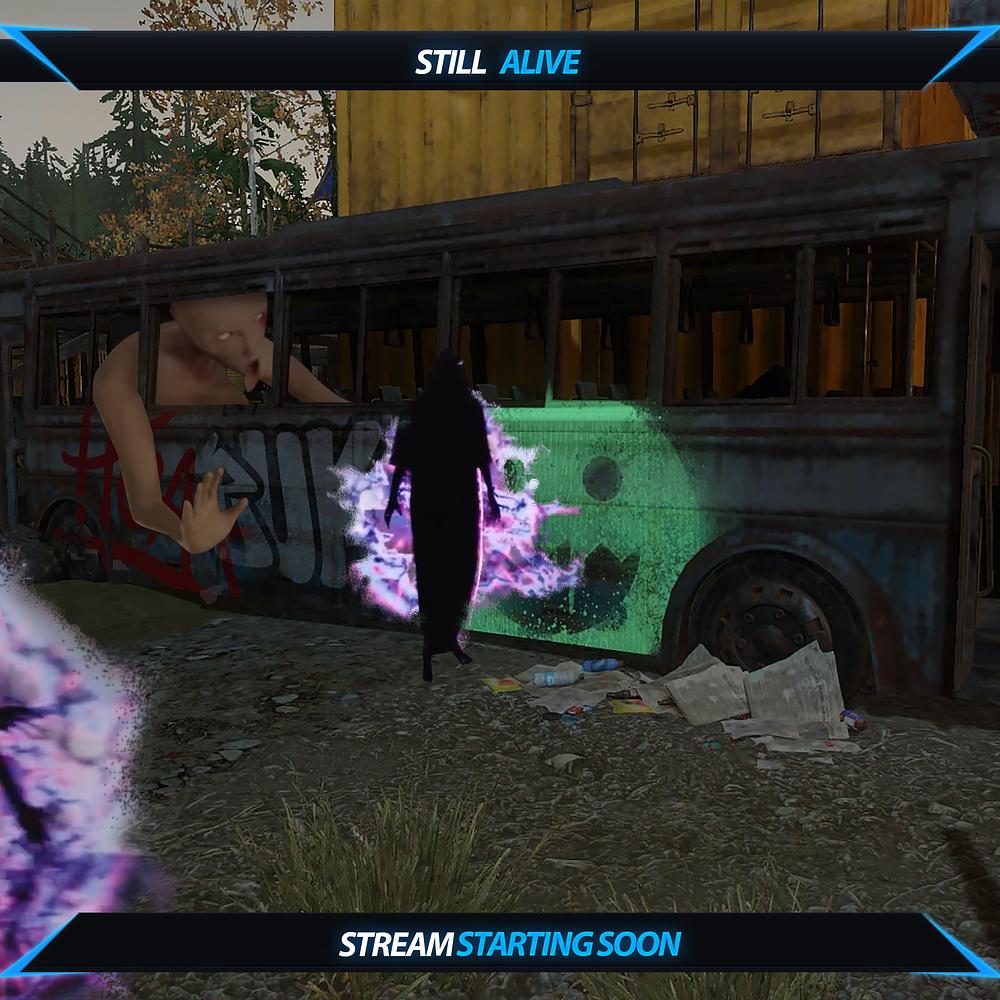
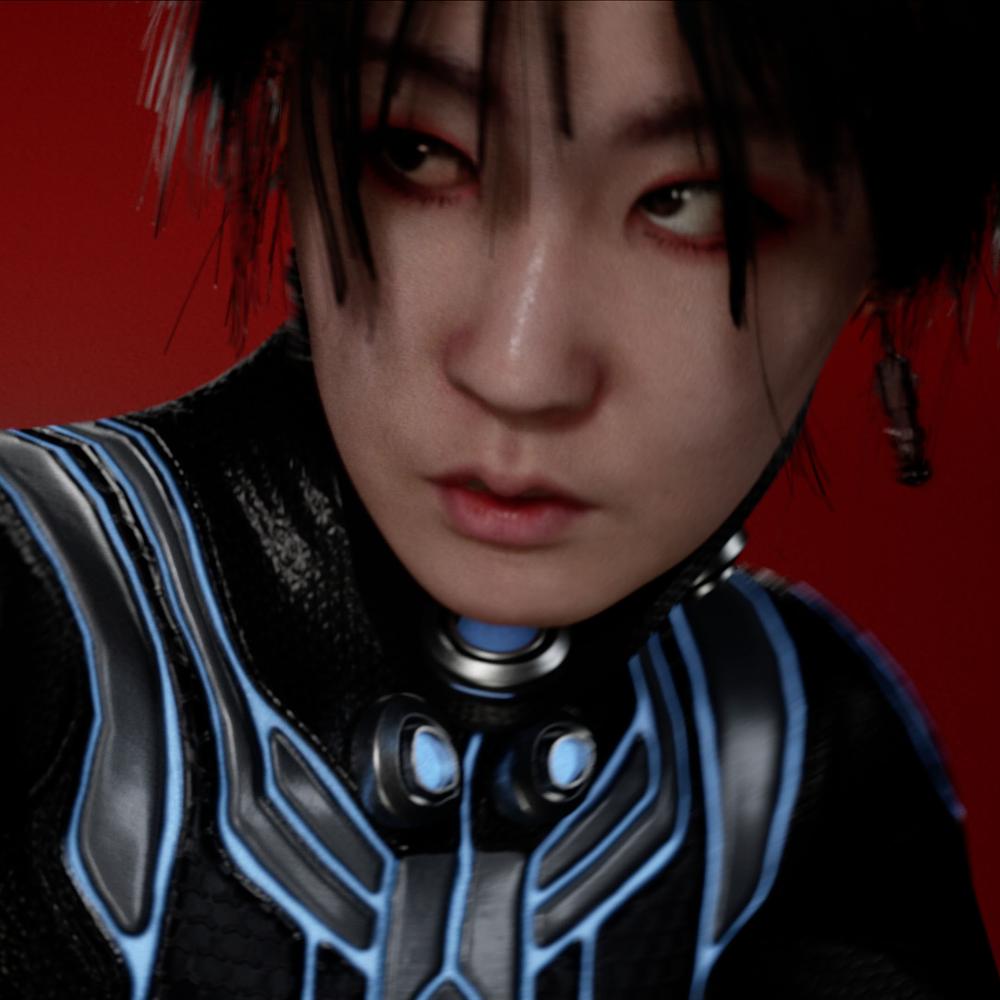
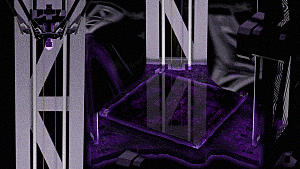
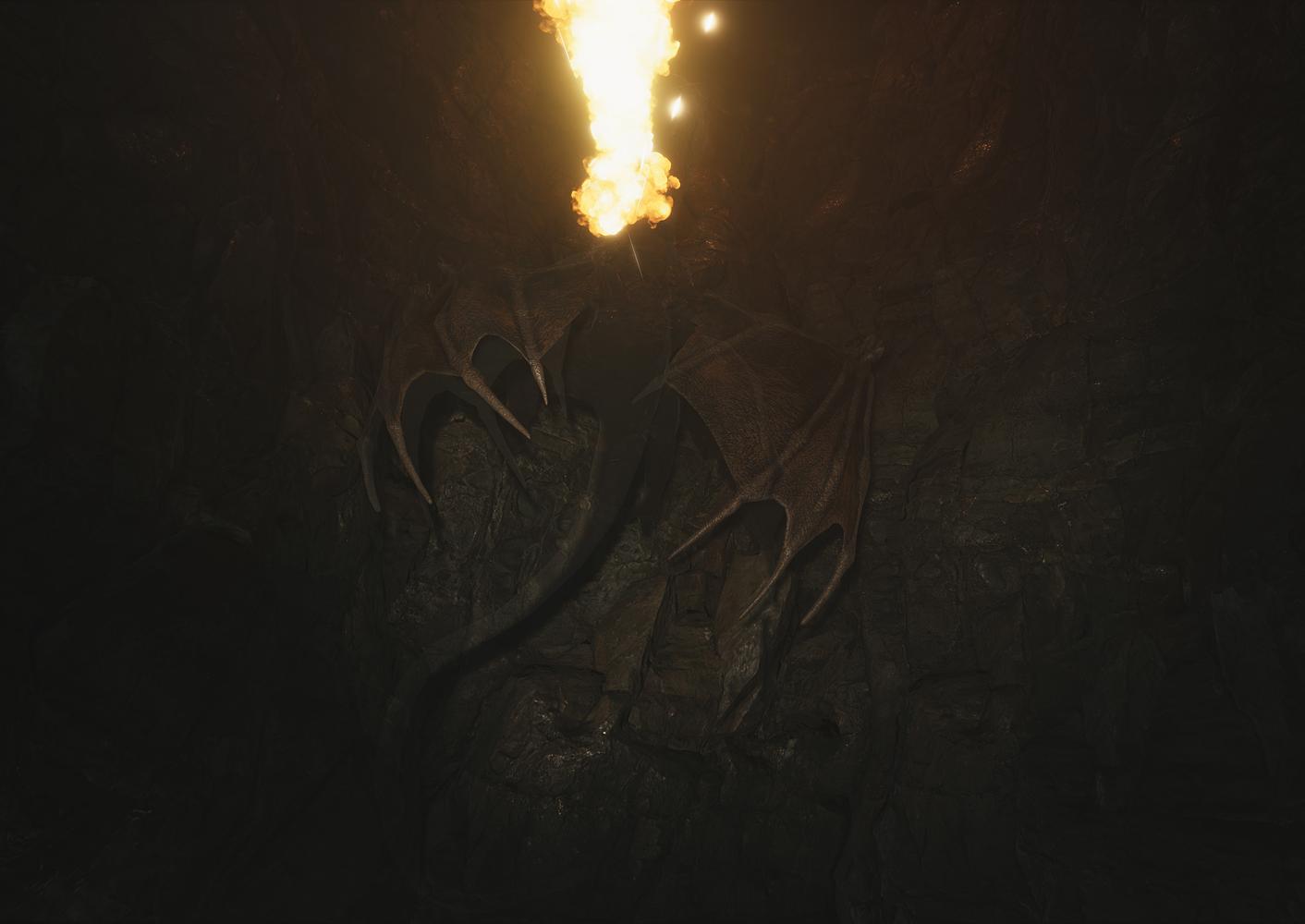
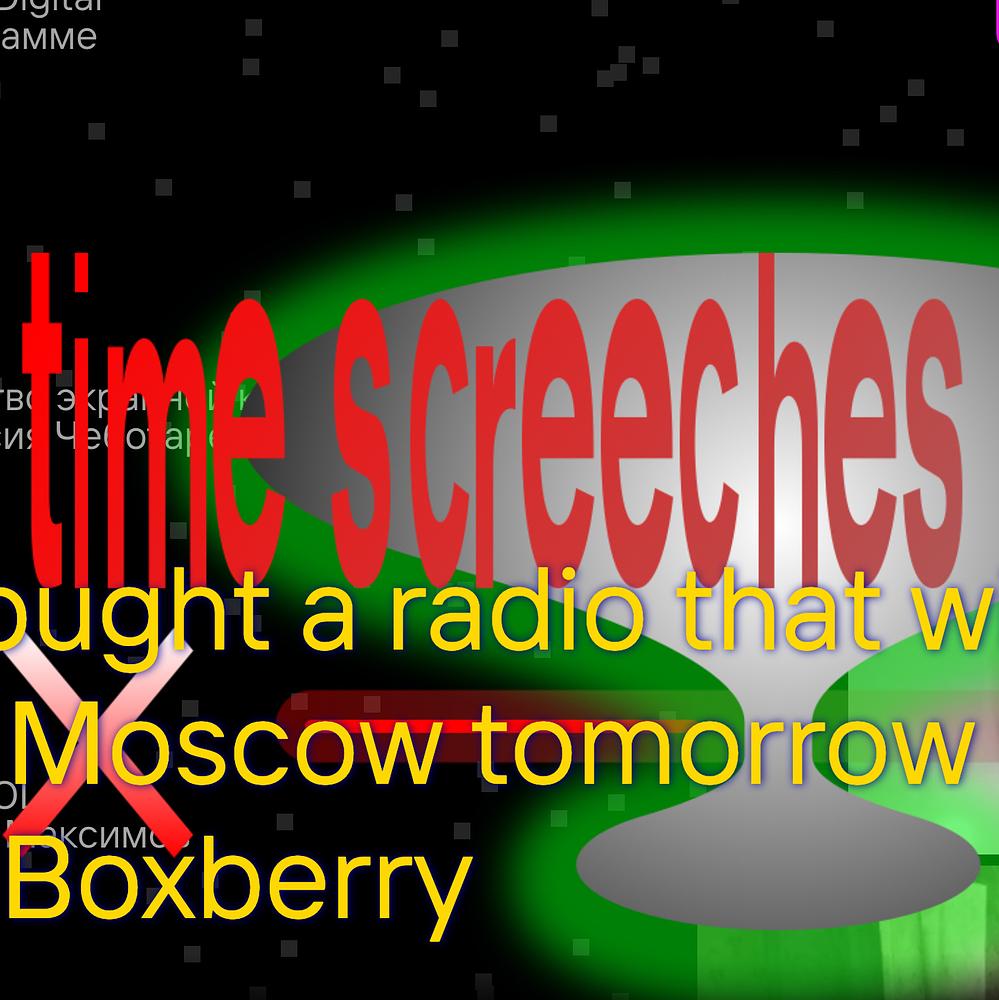
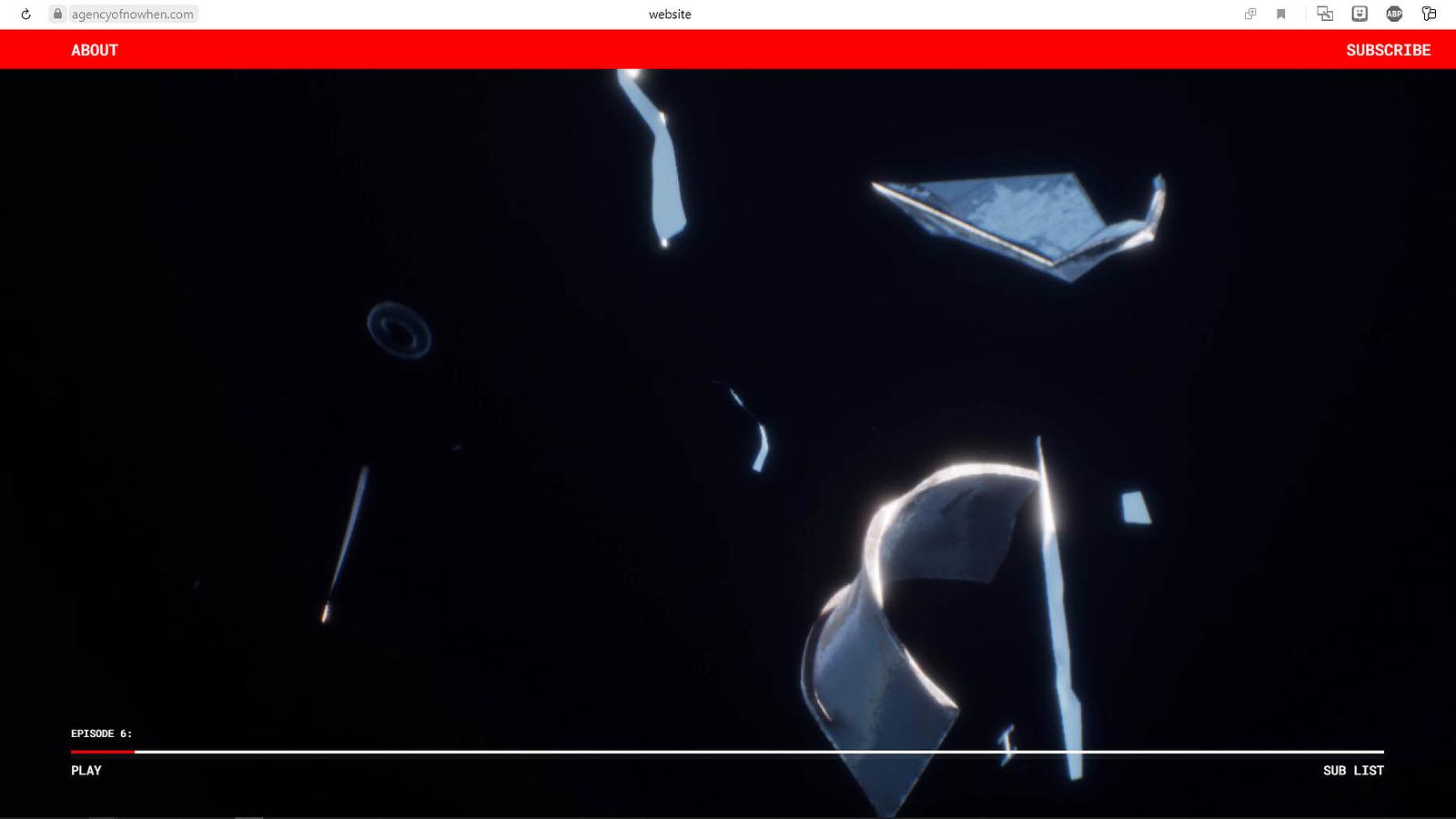
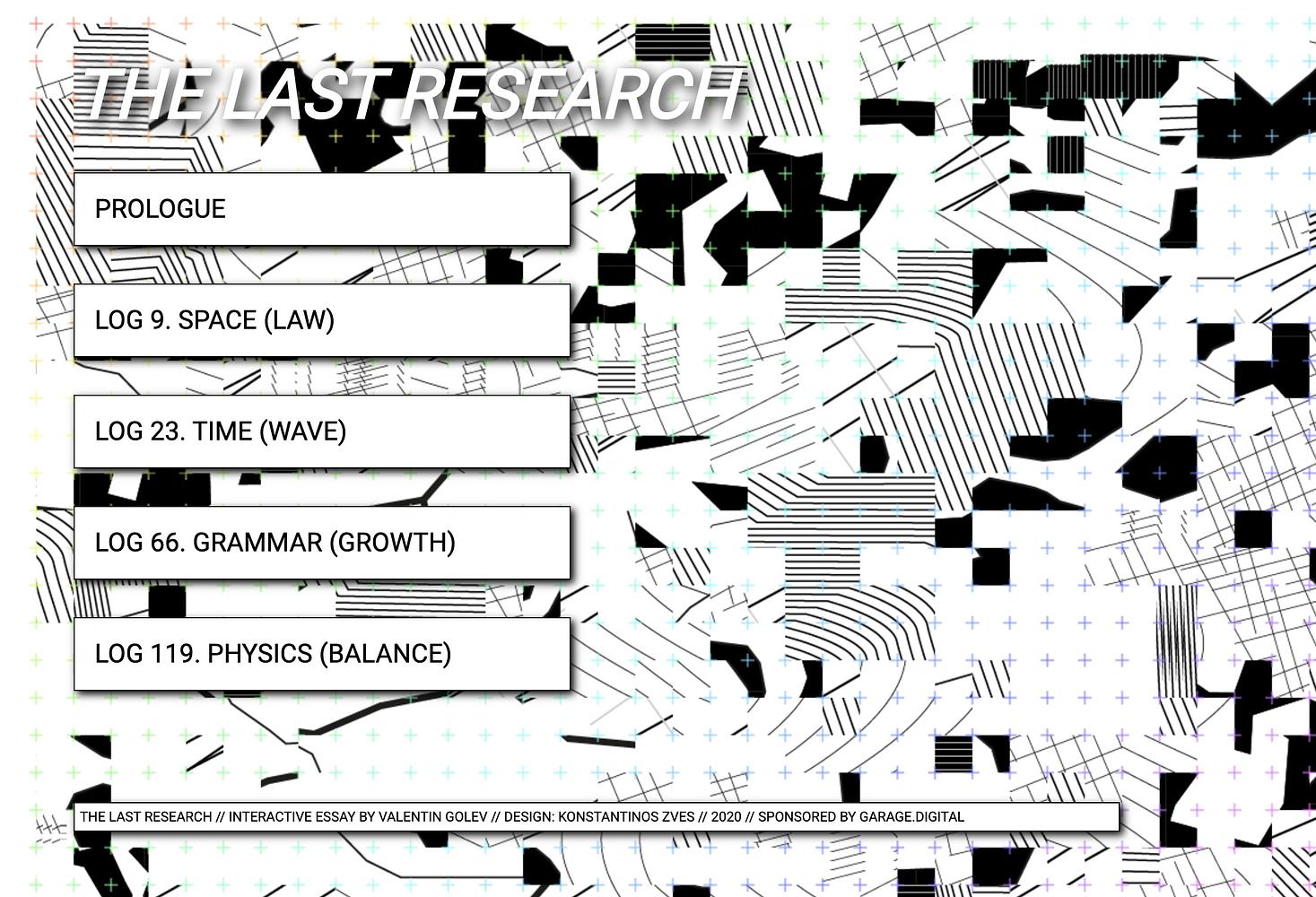
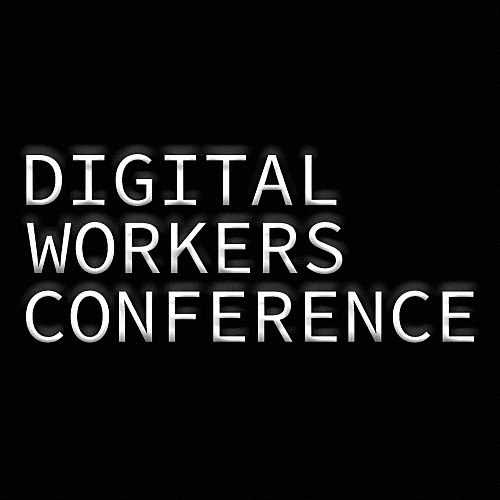
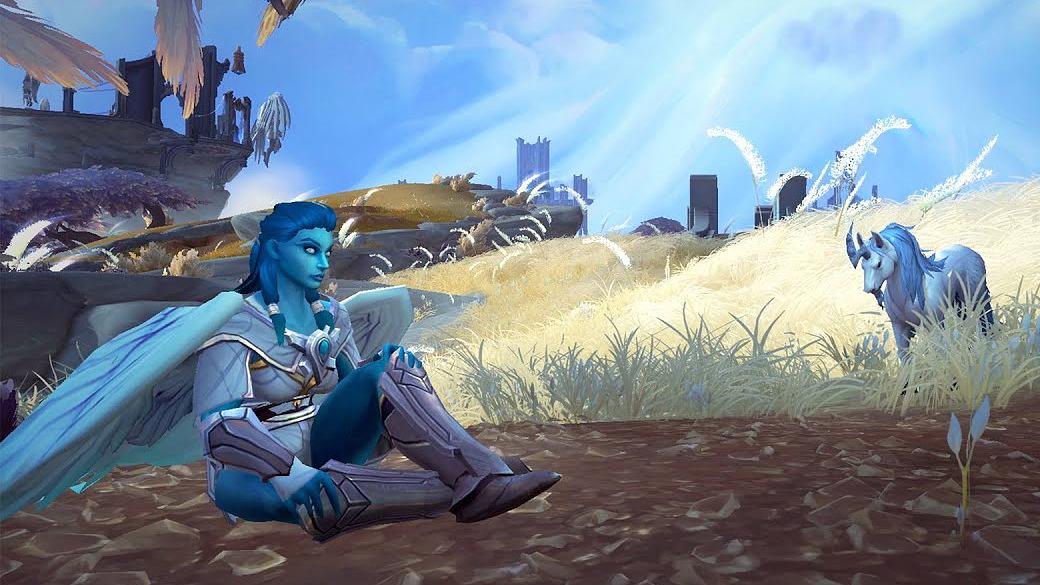
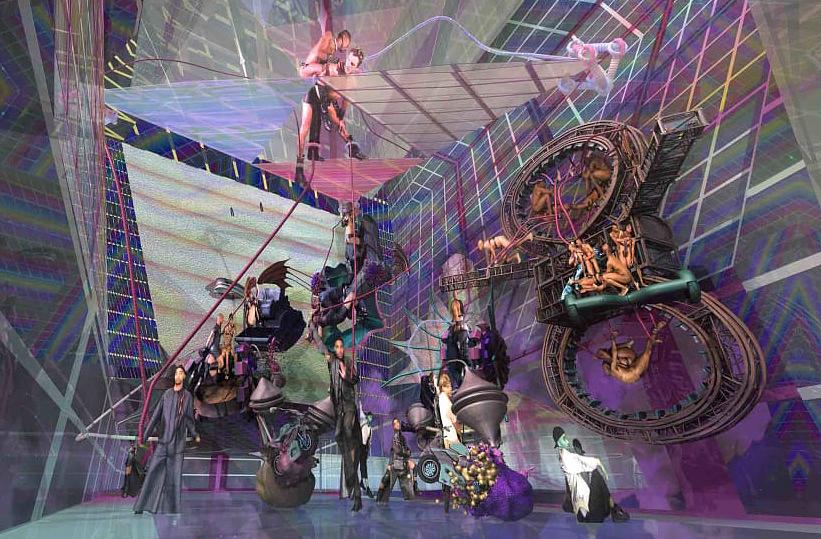
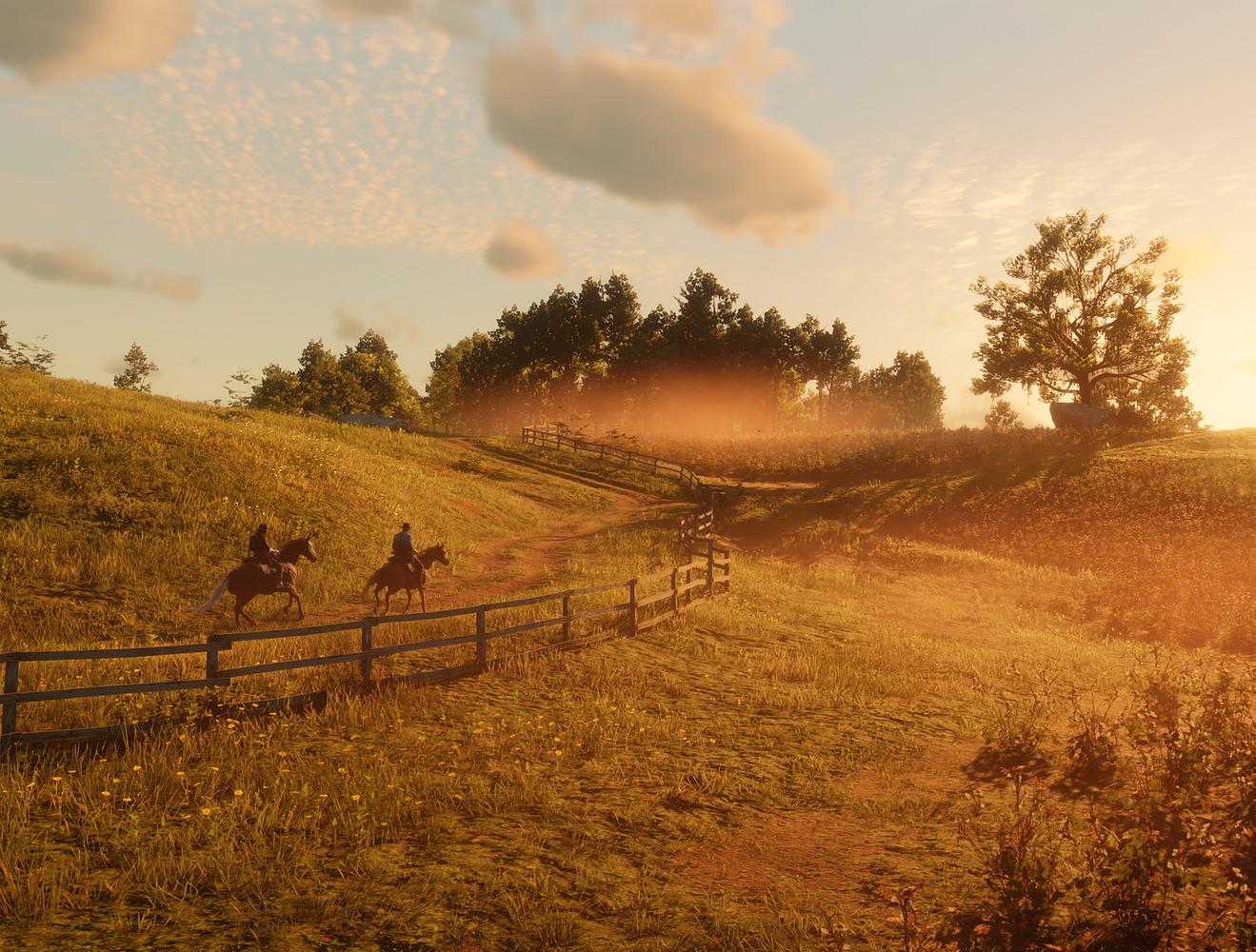
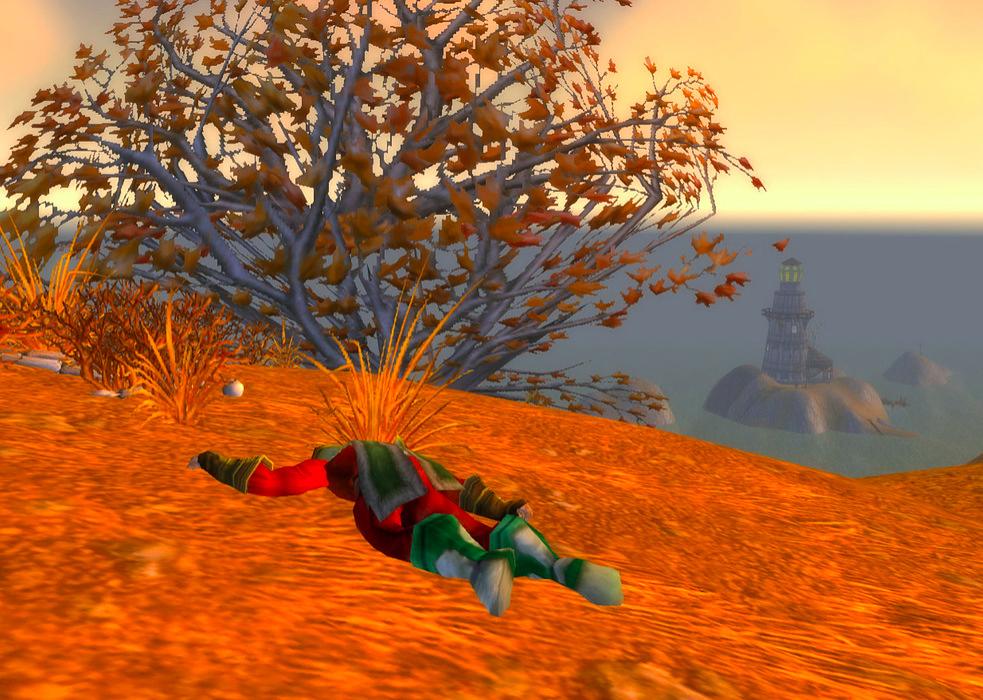
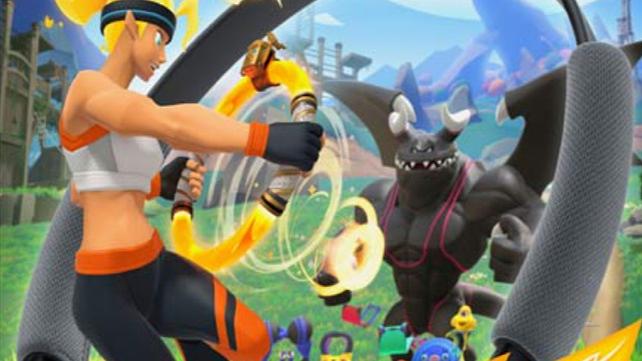
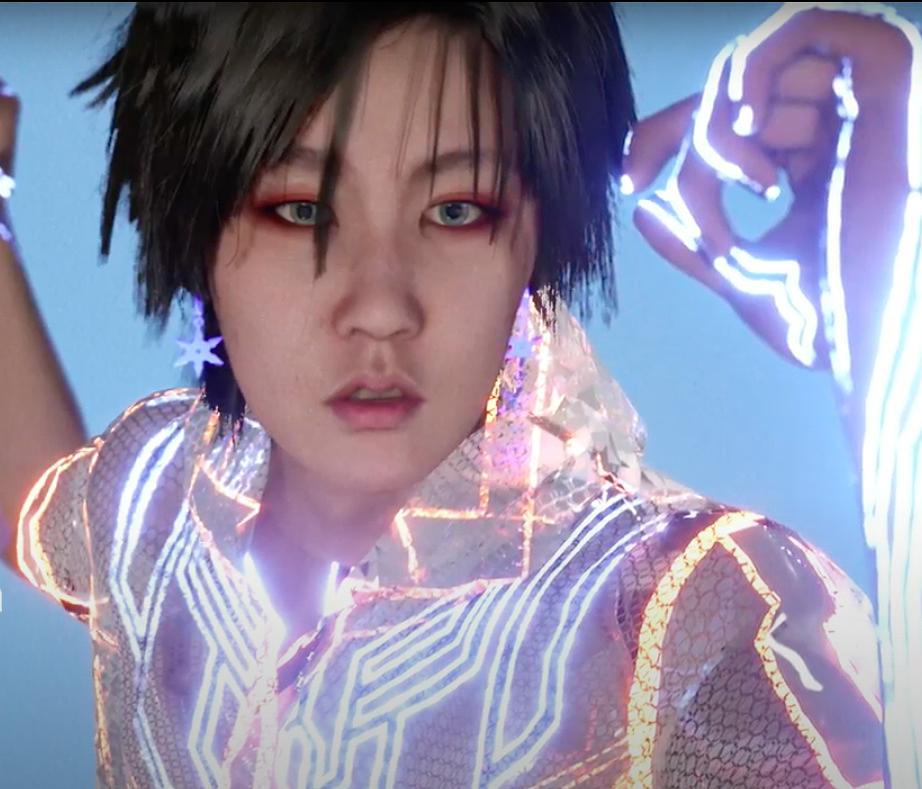
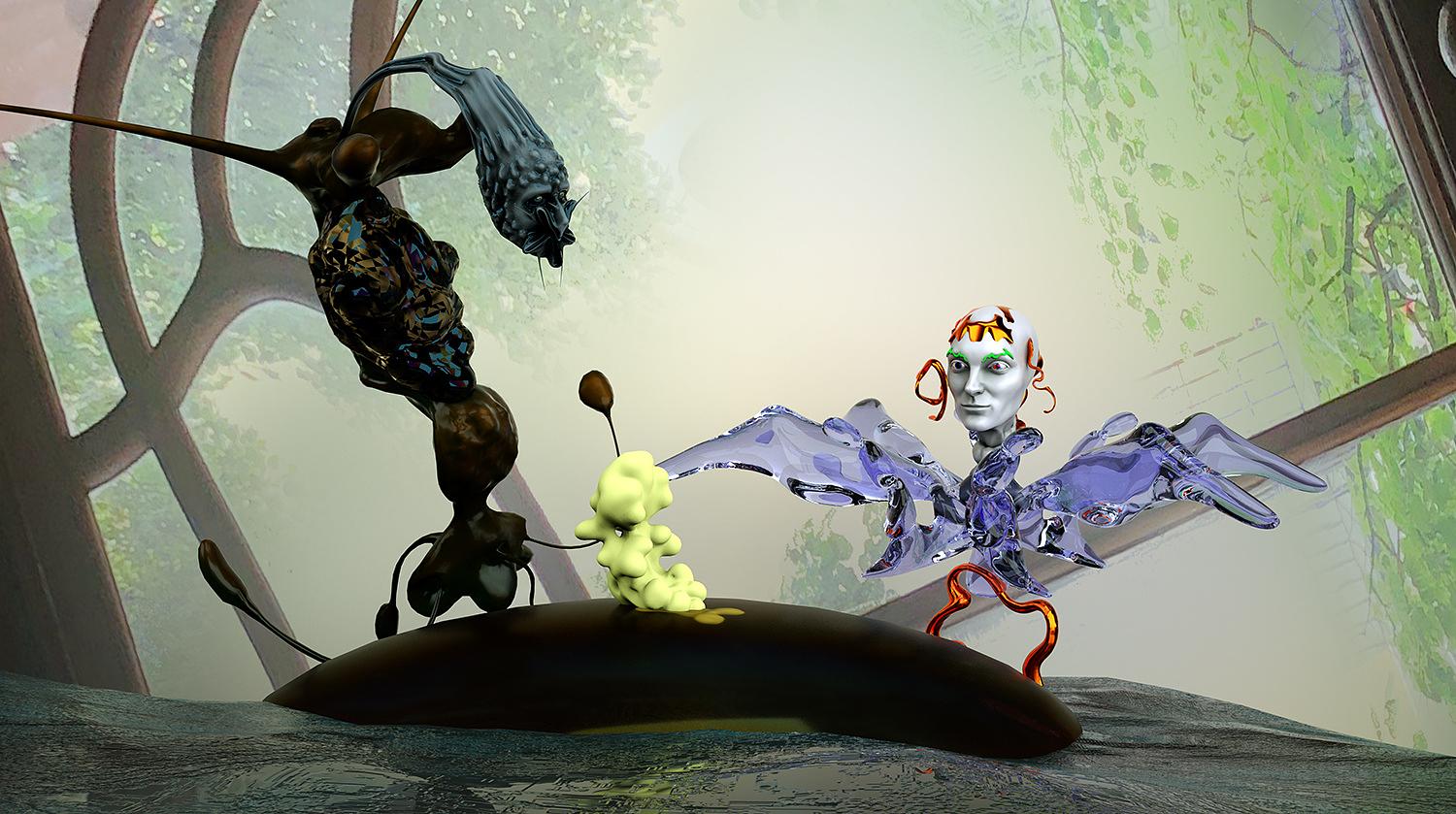
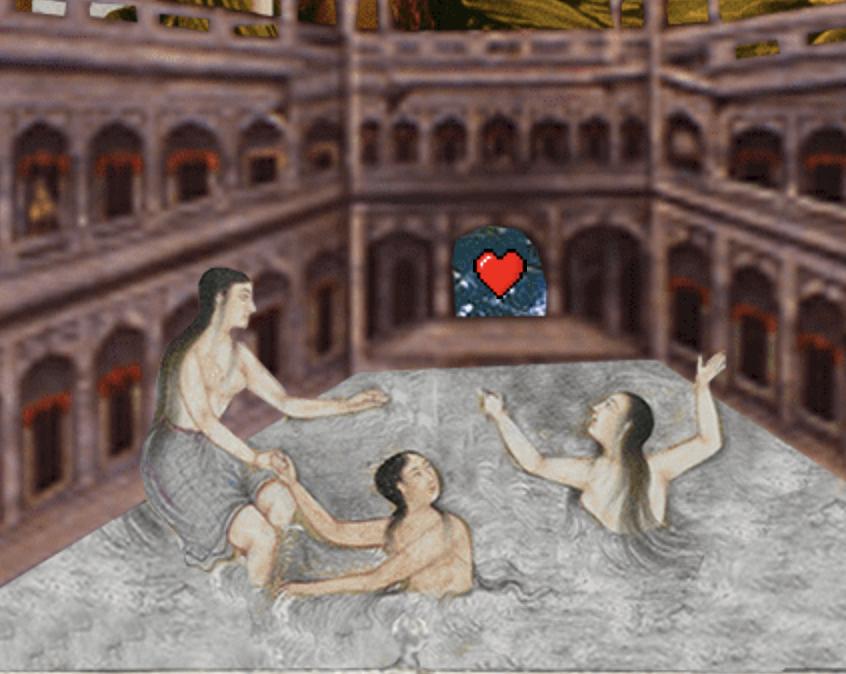
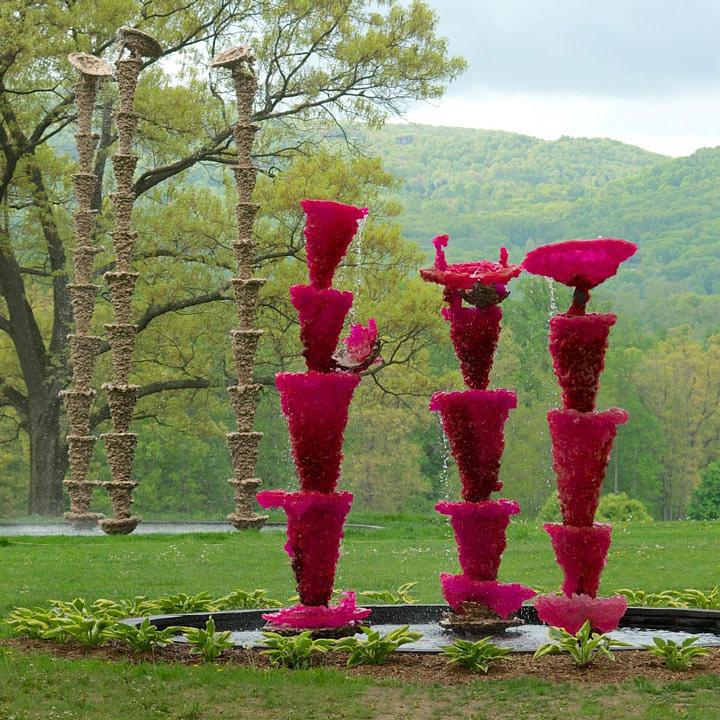
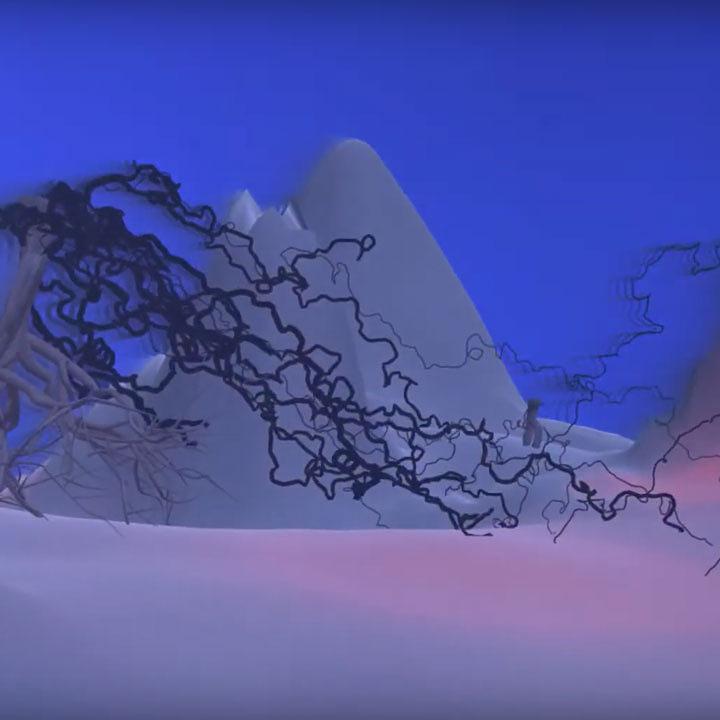
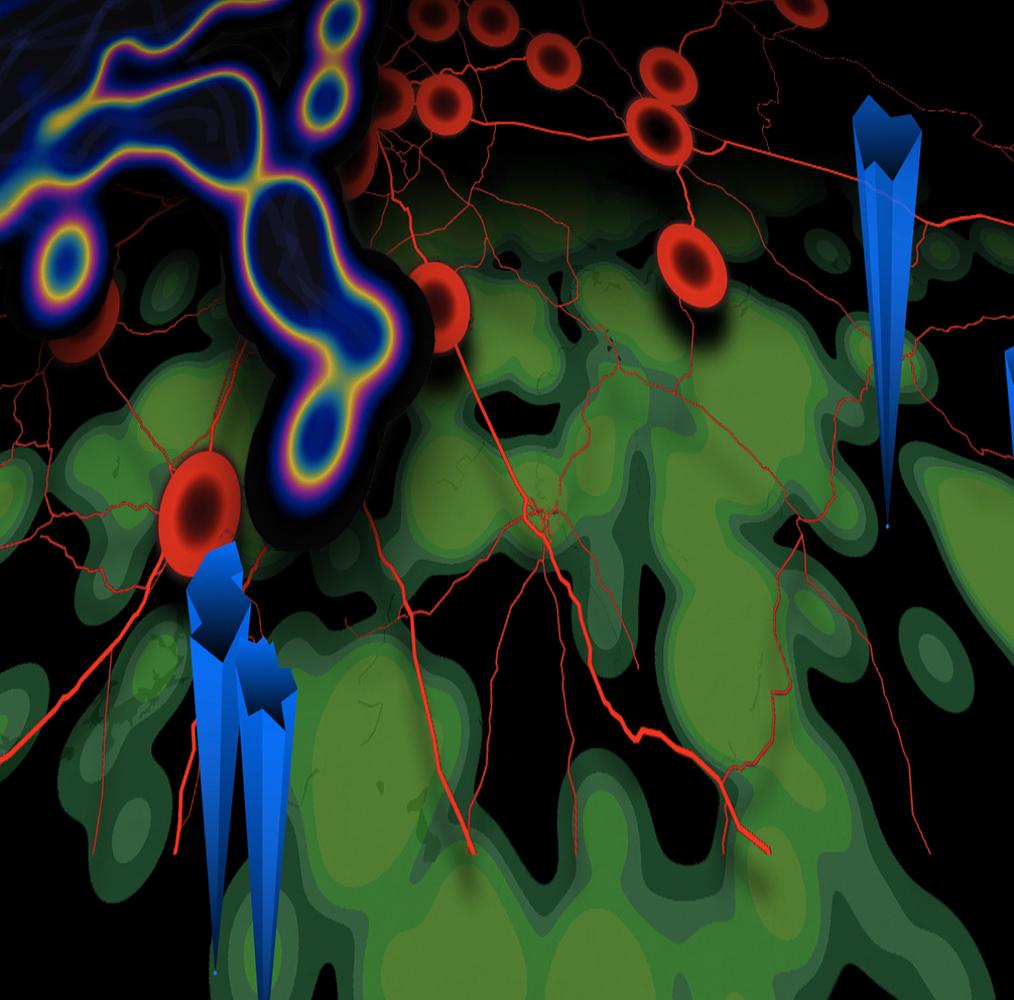
Posthuman Studies Lab’s Russian Ferations is an interactive map of creatures and objects, the heirs to Soviet culture and industry, which continue to live autonomously on the periphery of modern civilization.
Posthuman Studies Lab brings together researchers and theorists from various fields, media artists, and designers, who study the interrelationships between nature and culture (with a special focus on technology) and explore abandoned factories and powerplants across the post-Soviet space that have been taken over by plants and animals. PhSL believes that the worlds that develop in these abandoned spaces are as eventful and interesting as the world inhabited by humans. Instead of what they see as useless attempts to fight these sporadic derivatives of the nature-technology synthesis, PhSL suggests we focus on inventing new ways of surviving in such environments.
Posthuman Studies Lab scientists work in close collaboration with artists to create visualizations of their findings. One such project is the interactive map of Russian “ferations” developed in partnership with Garage Digital.
Russian Ferations explores the post-Soviet present that flourishes on industrial ruins, where, far from progressive centers, there exists a special form of politics. The term “ferations” (from “feral”) can be understood as a network of self-organized ecosystems within abandoned industrial spaces across the former Soviet Union. PhSL sees such ecosystems as hybrids of Ivan Michurin’s agrobiology, Soviet mechanical engineering, and cosmonautics, which have returned to the wild and formed their own political alliances, and against which human statehood is engaged in a struggle.
Ippolit Markelov — a bio artist whose work is focused on interspecies communication, founder of 18 apples science art group. He studied at Lomonosov Moscow State University and is a Doctoral Candidate in Biology. He combines artistic research with neurobiological and bioengineering tools.
Katya Nikitina — an independent researcher in posthuman studies. She holds a PhD in Literature from the University of Silesia, Katowice (Poland).
Nikita Sazonov — a philosopher and independent researcher, whose writings and art collaborations are focused on speculative philosophy, inhumanism and inhuman politics.
